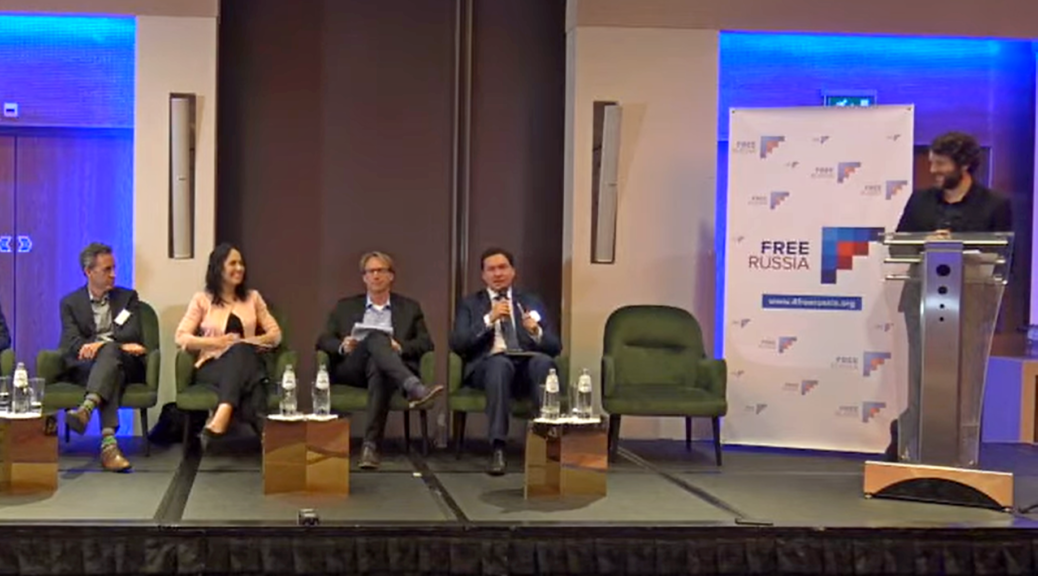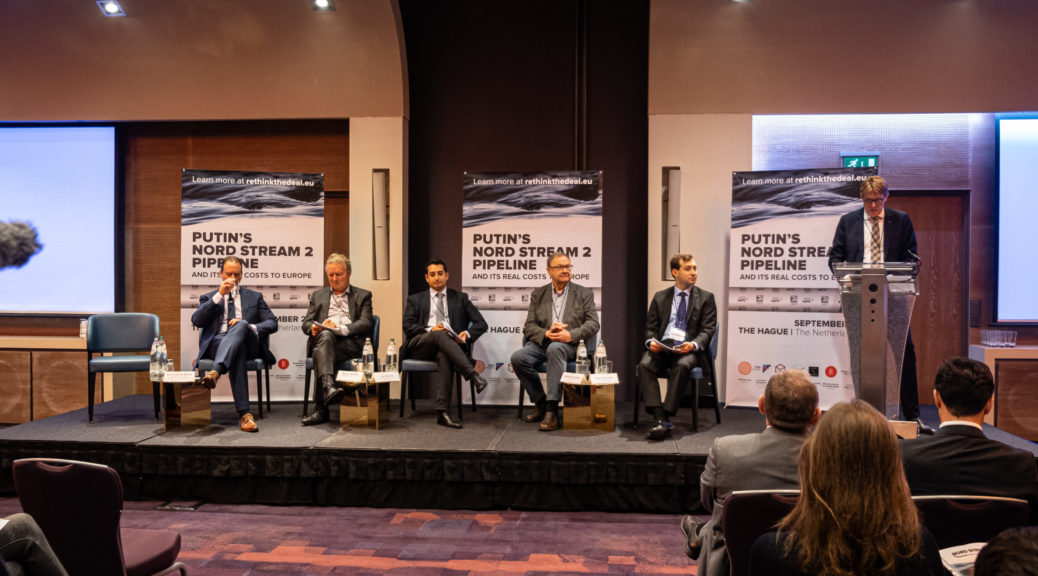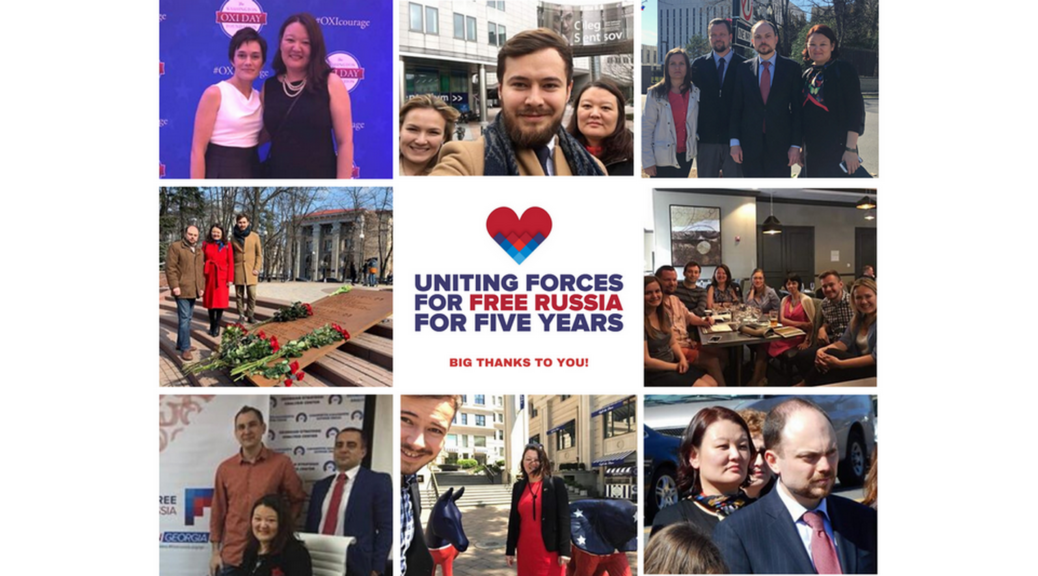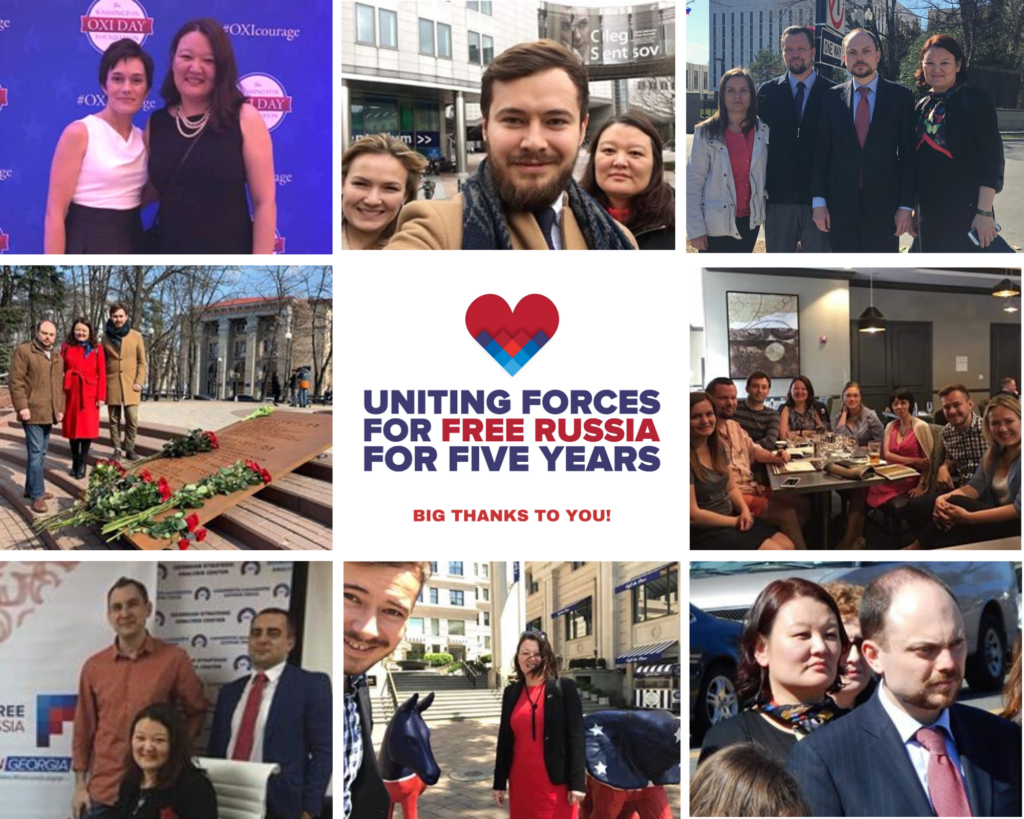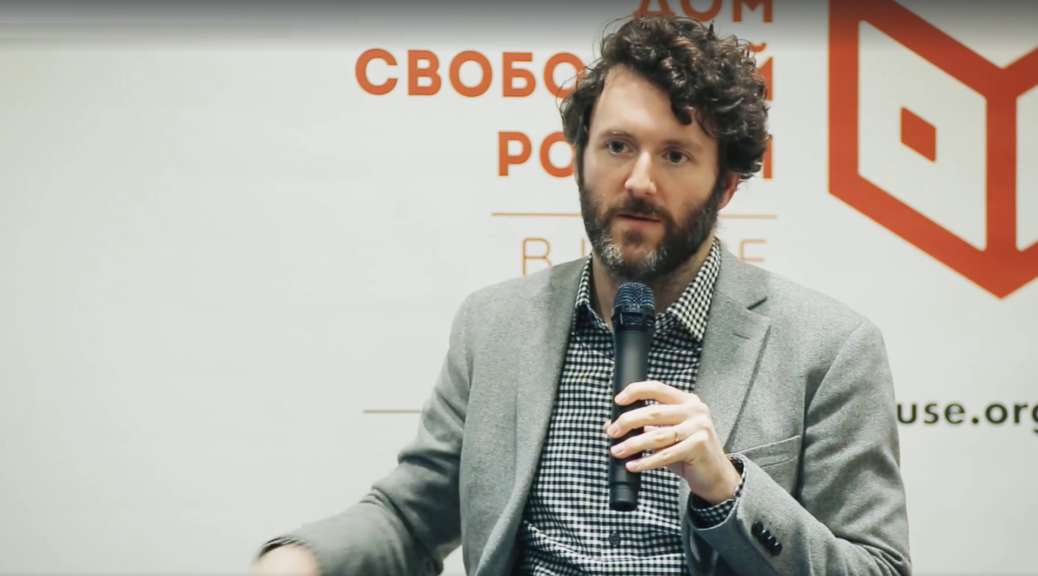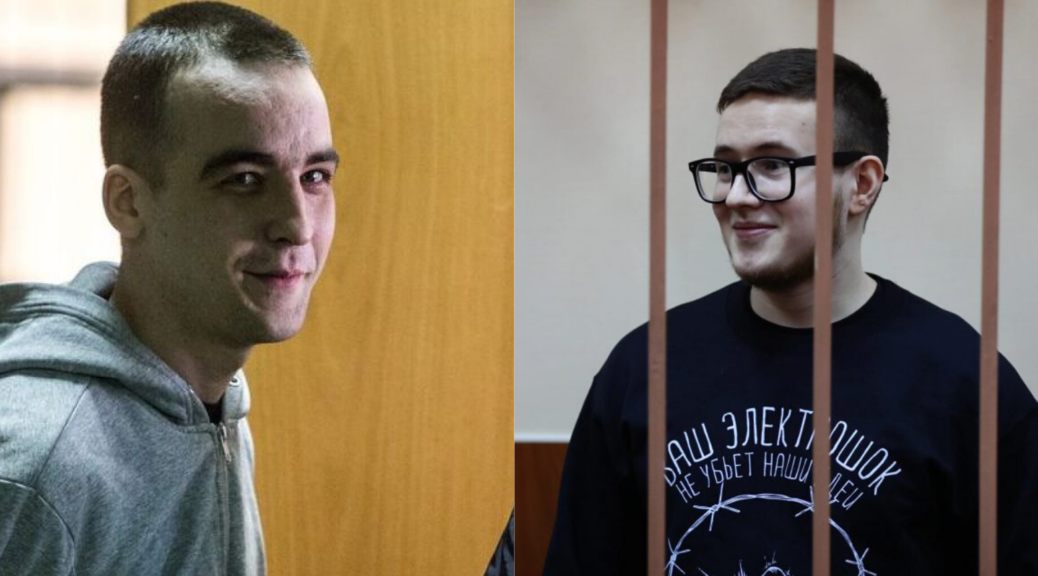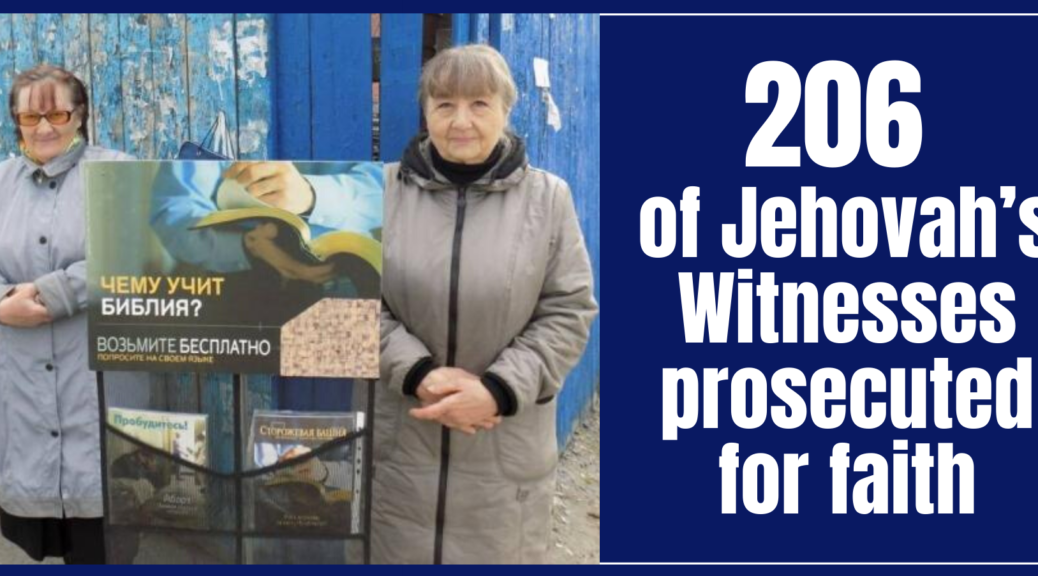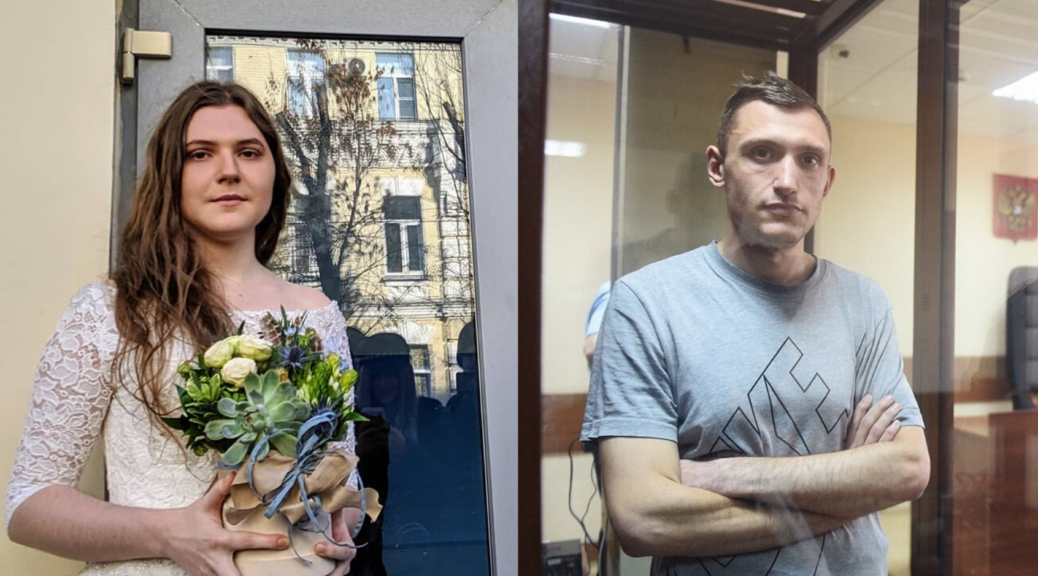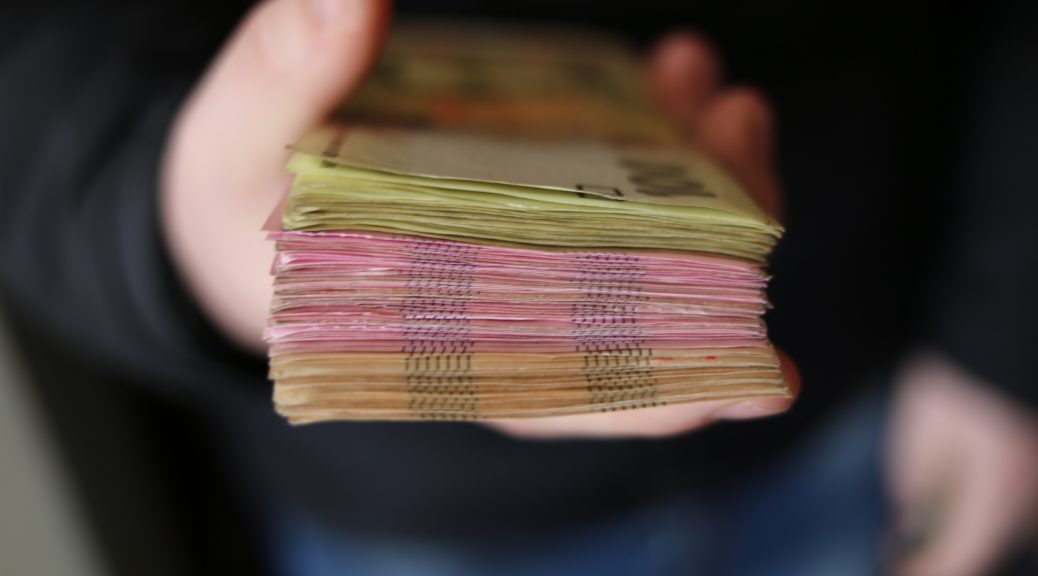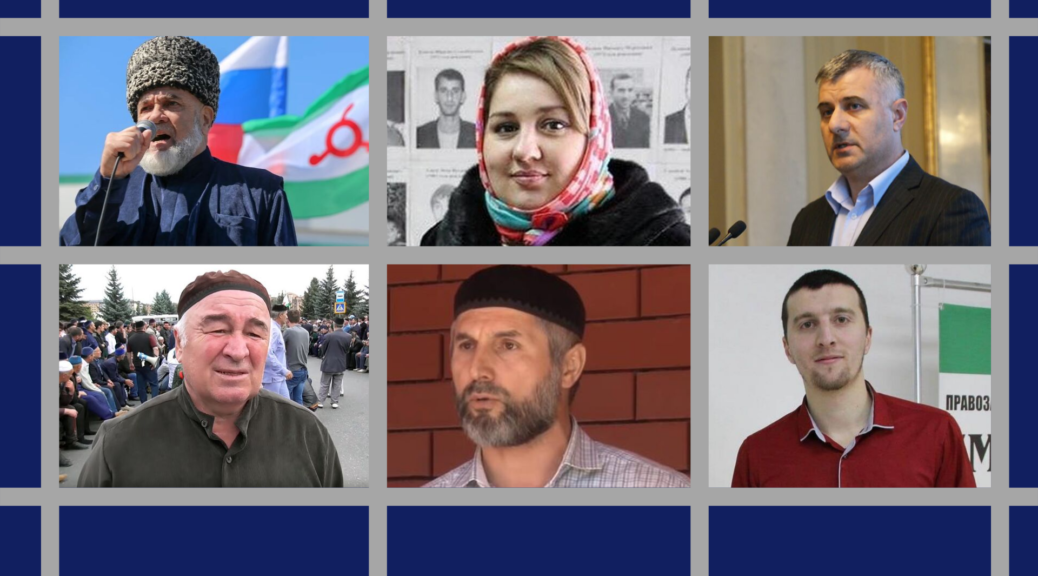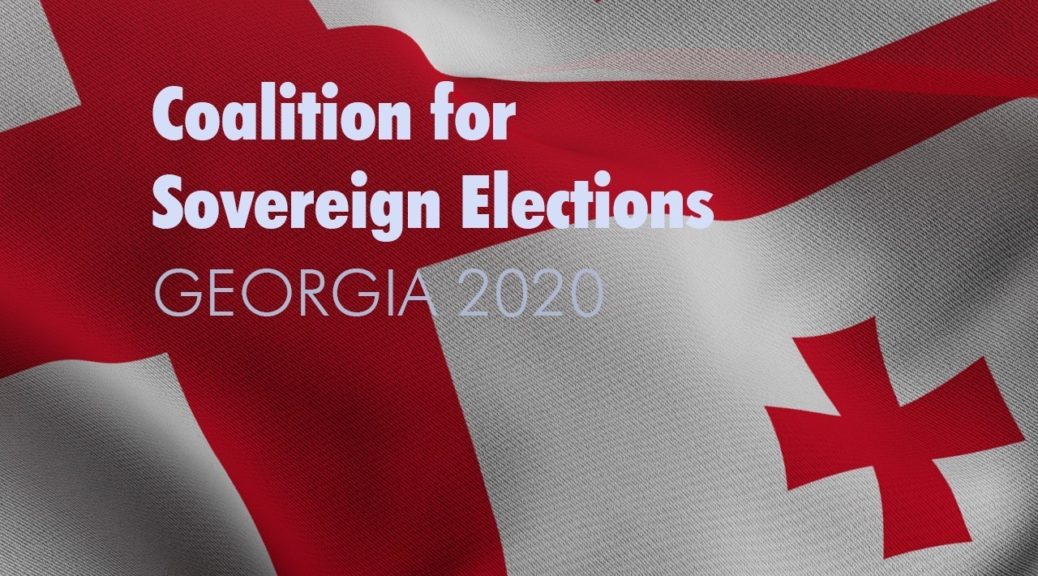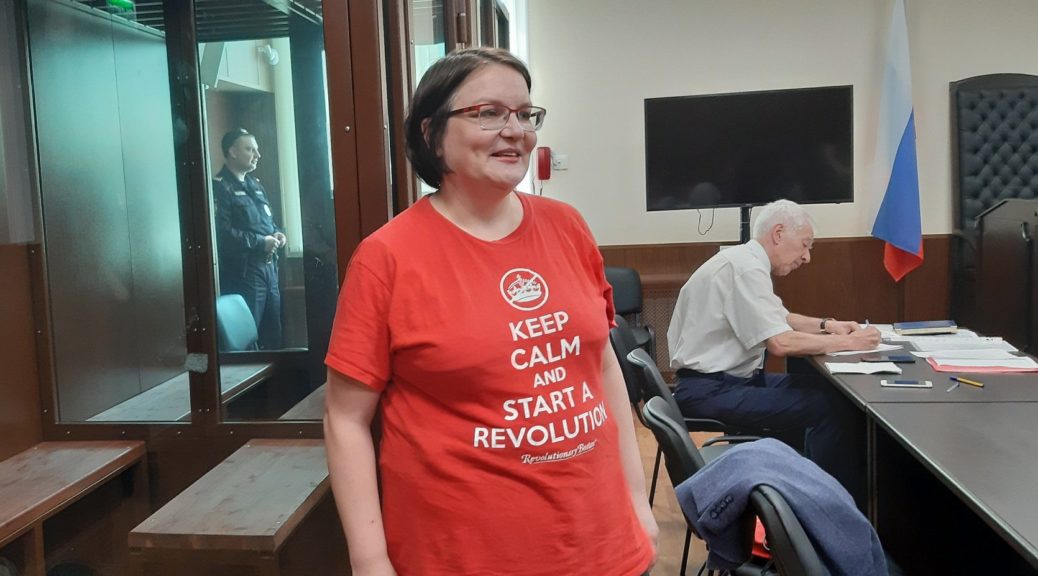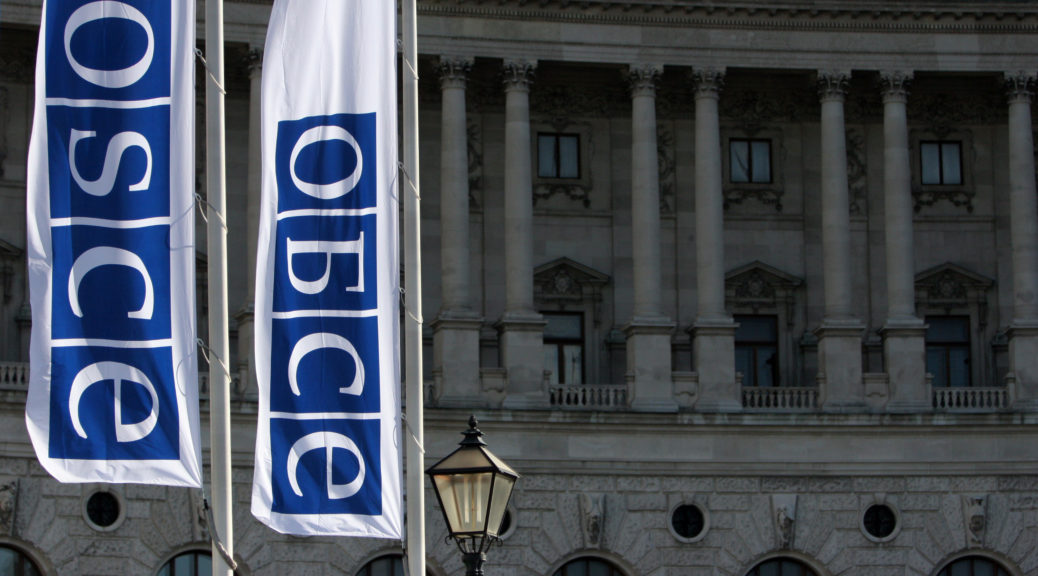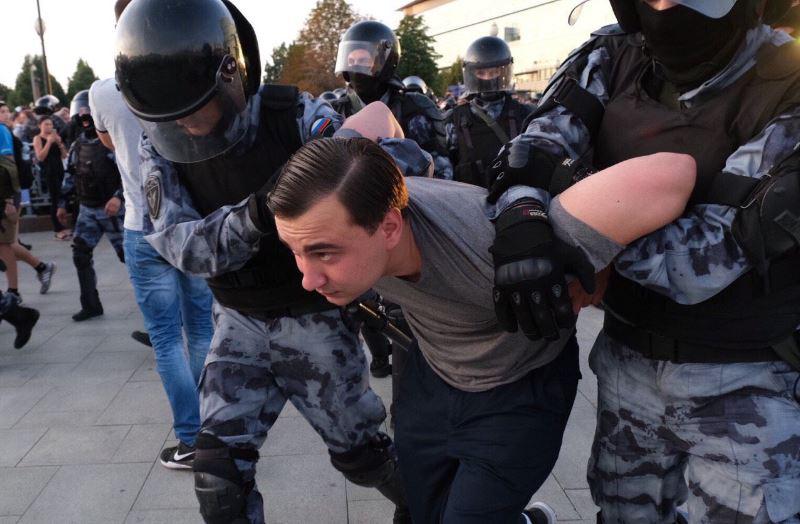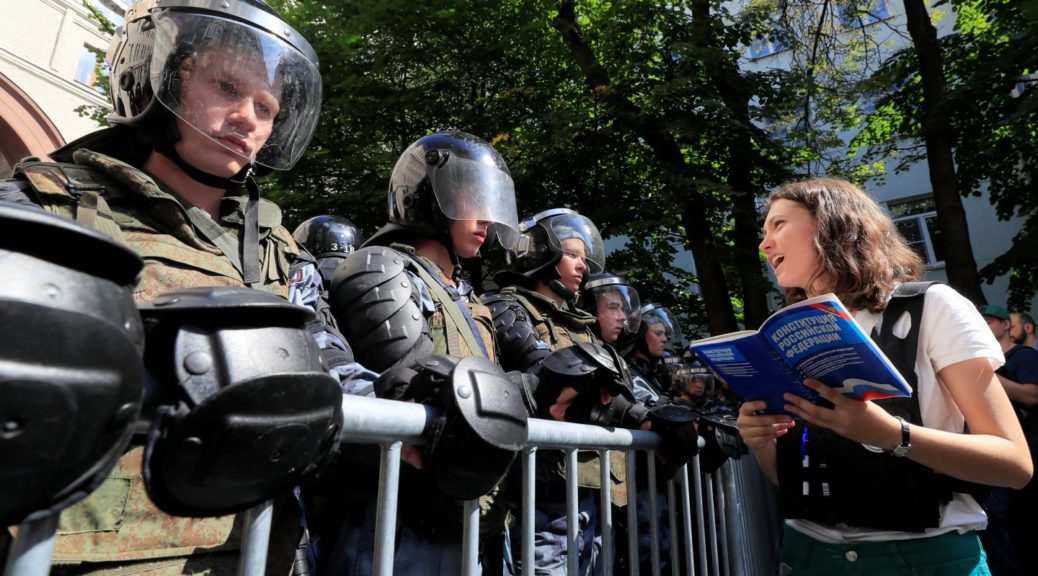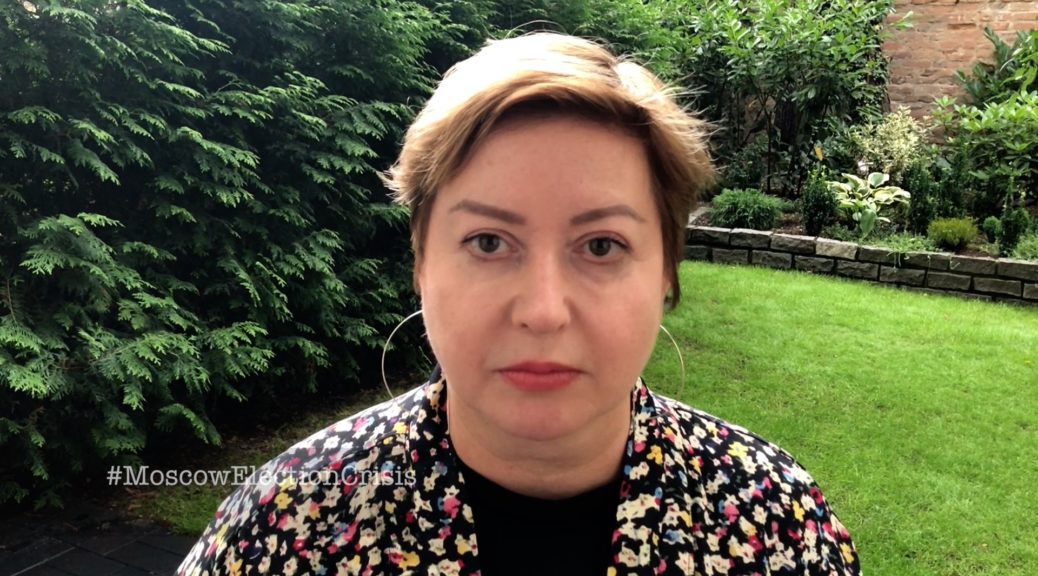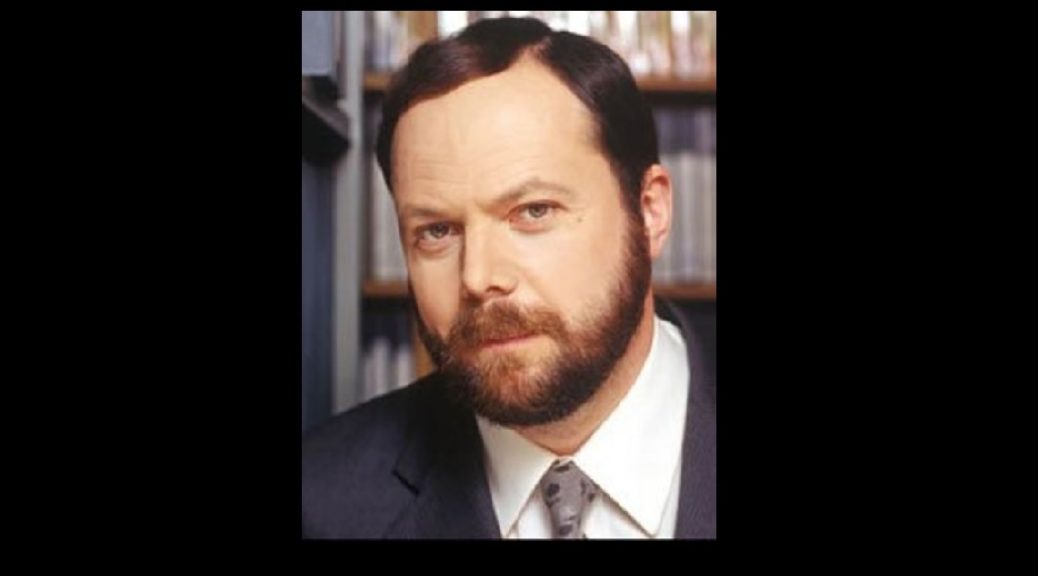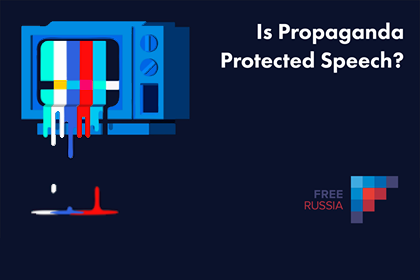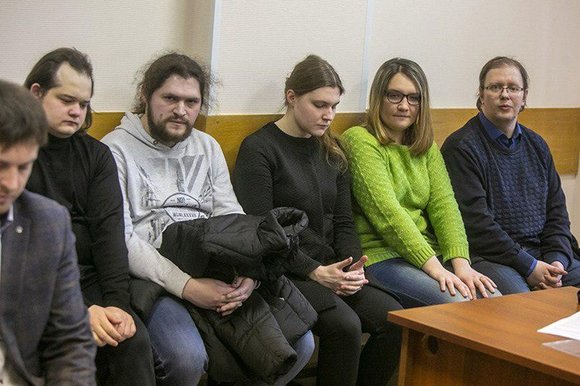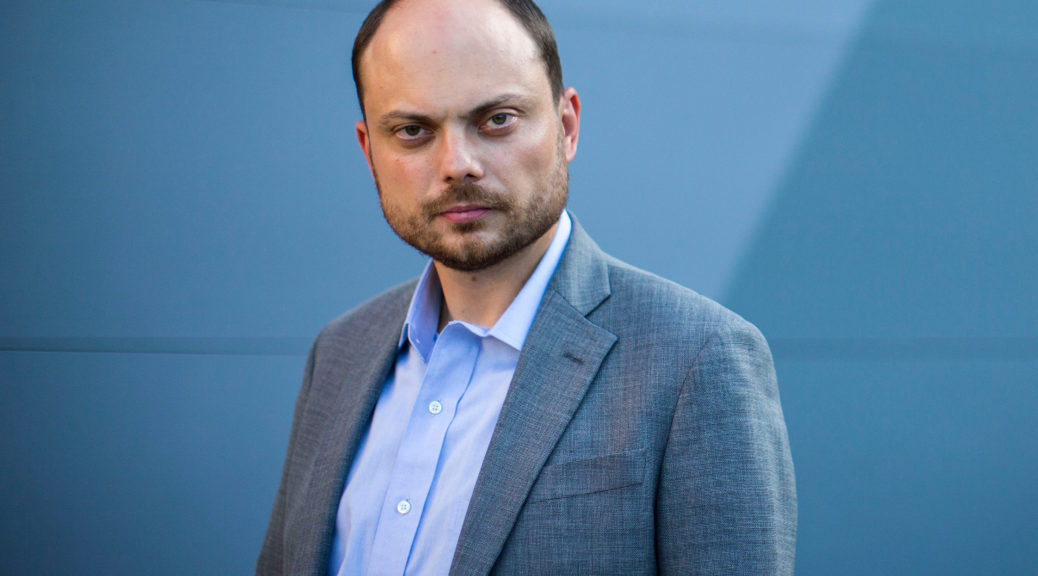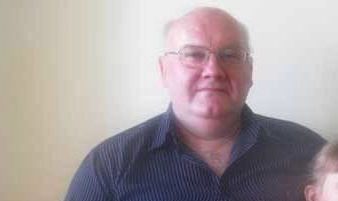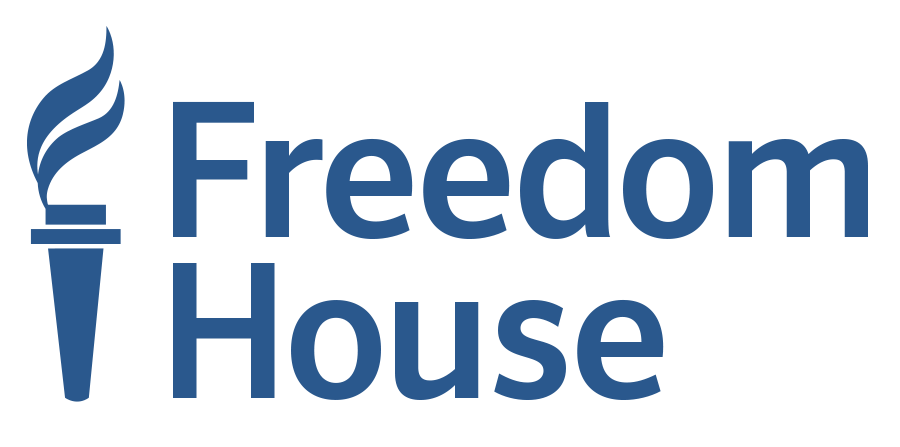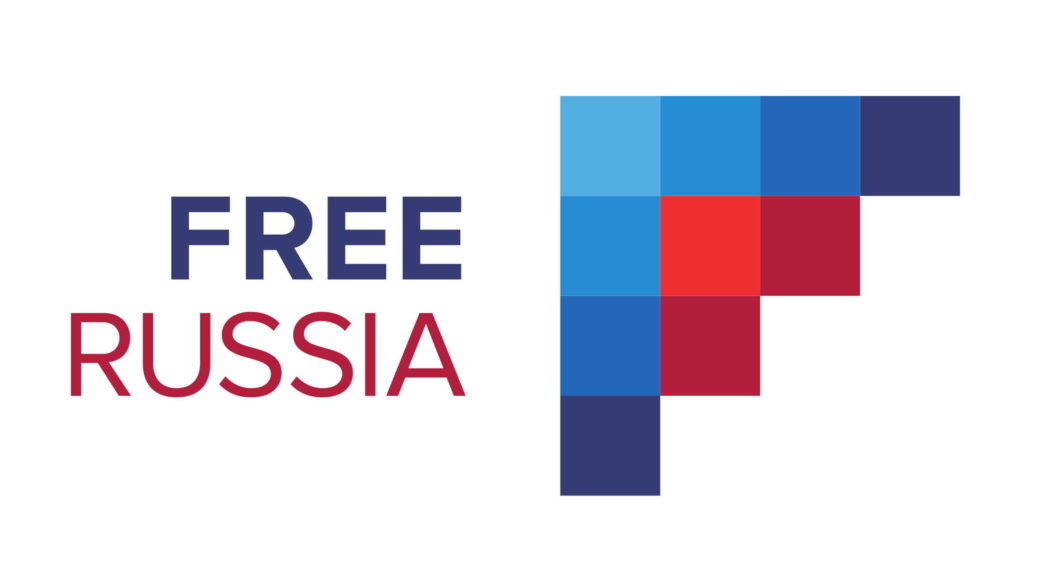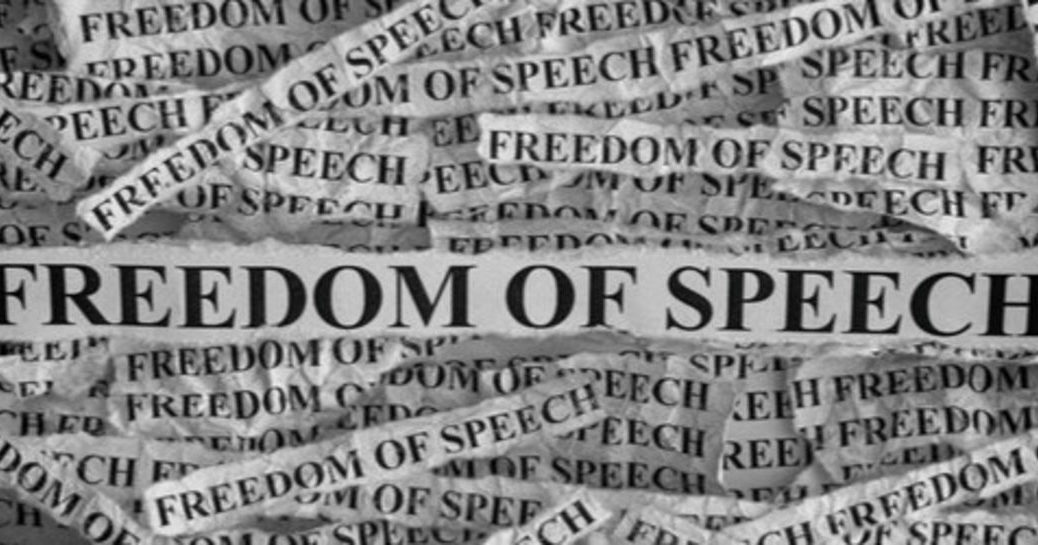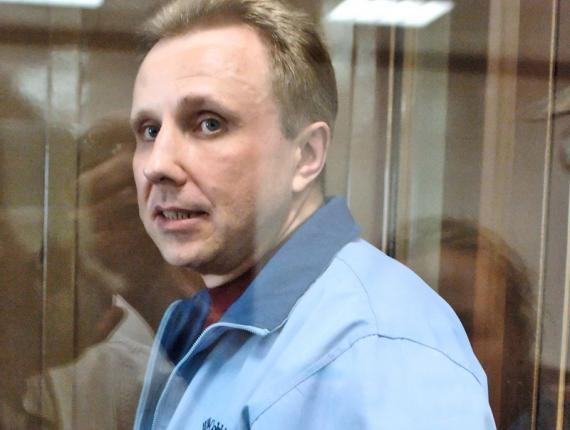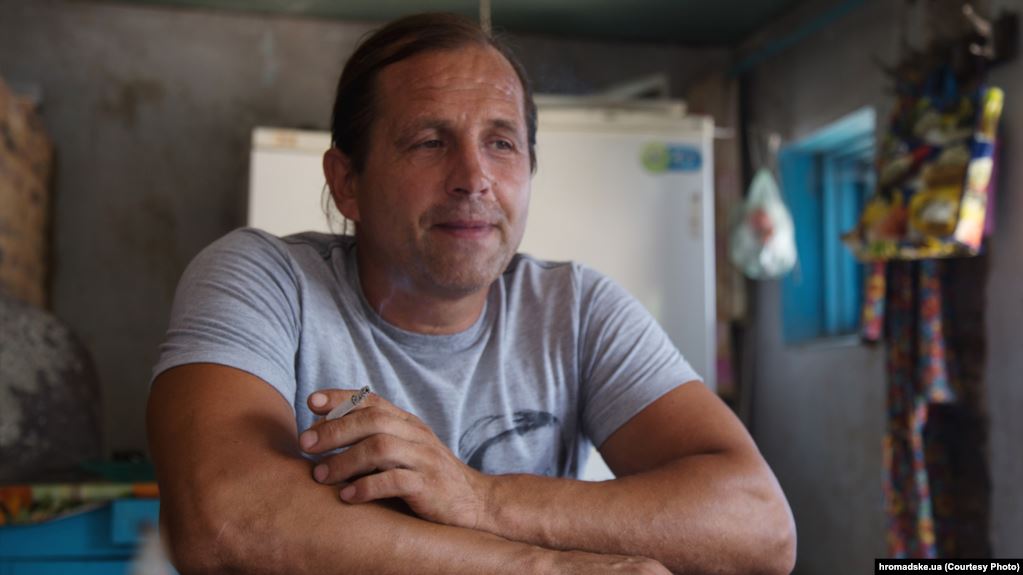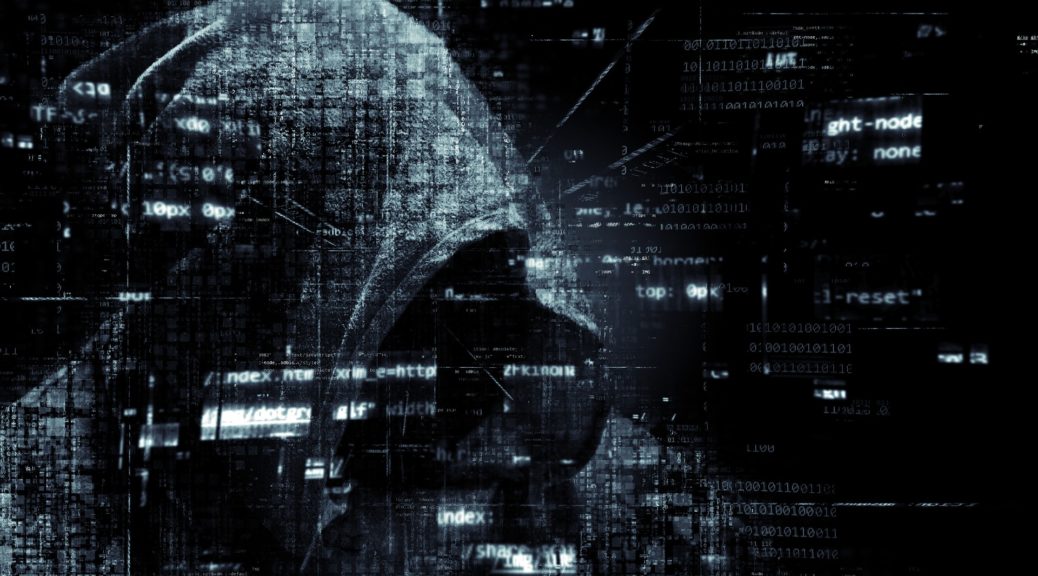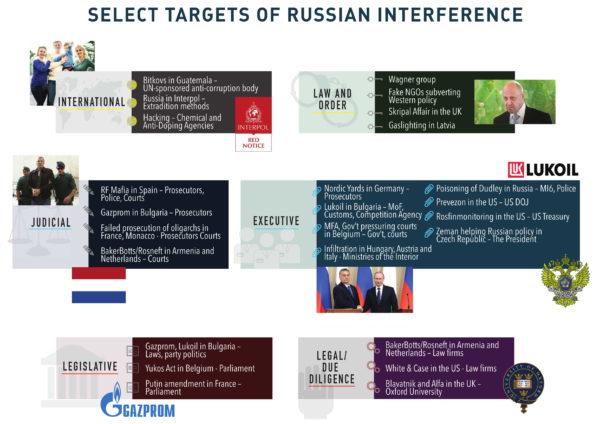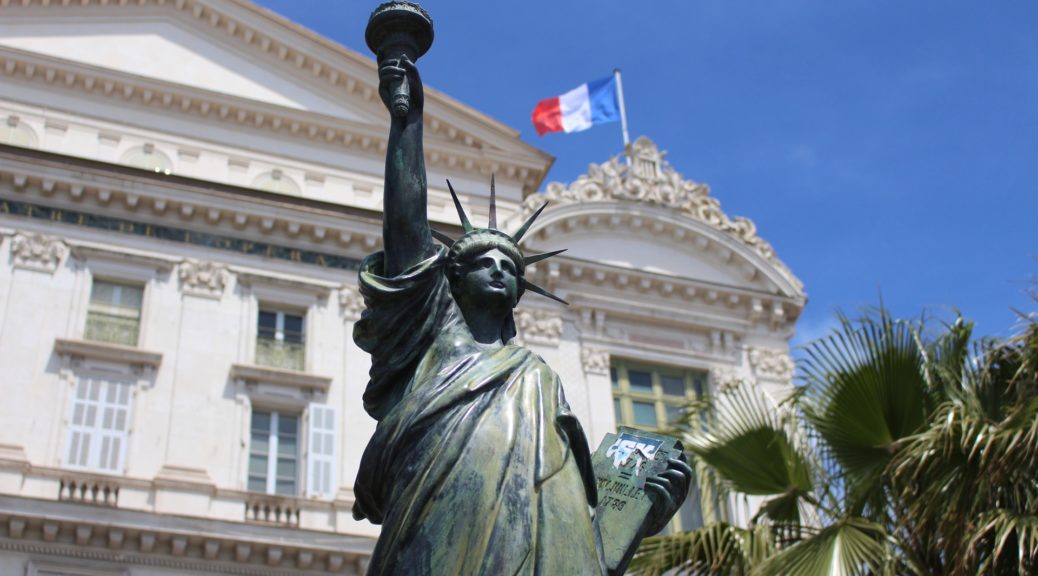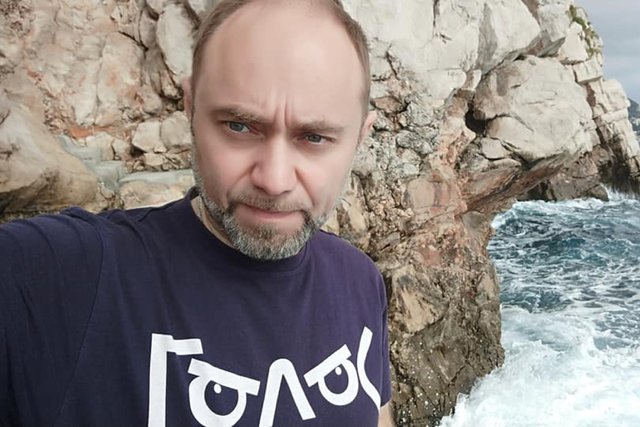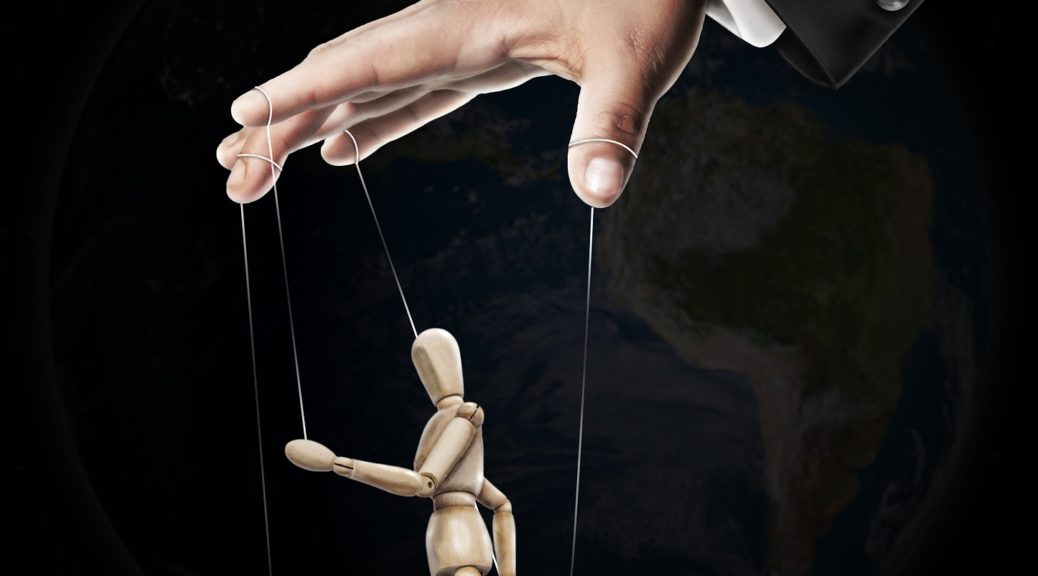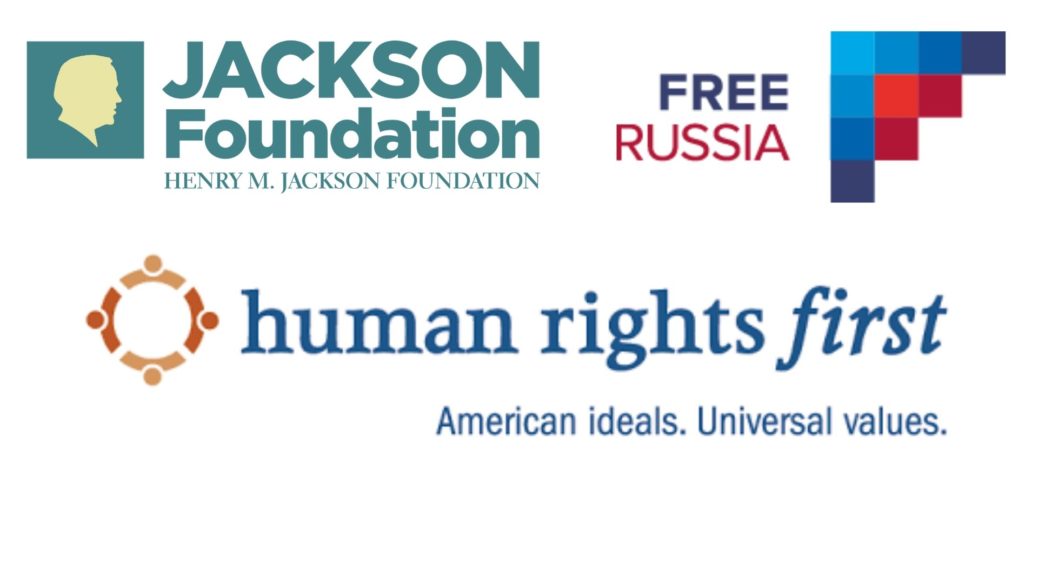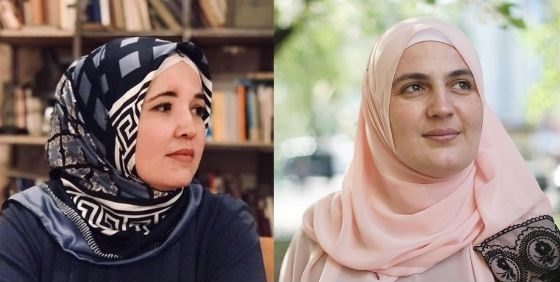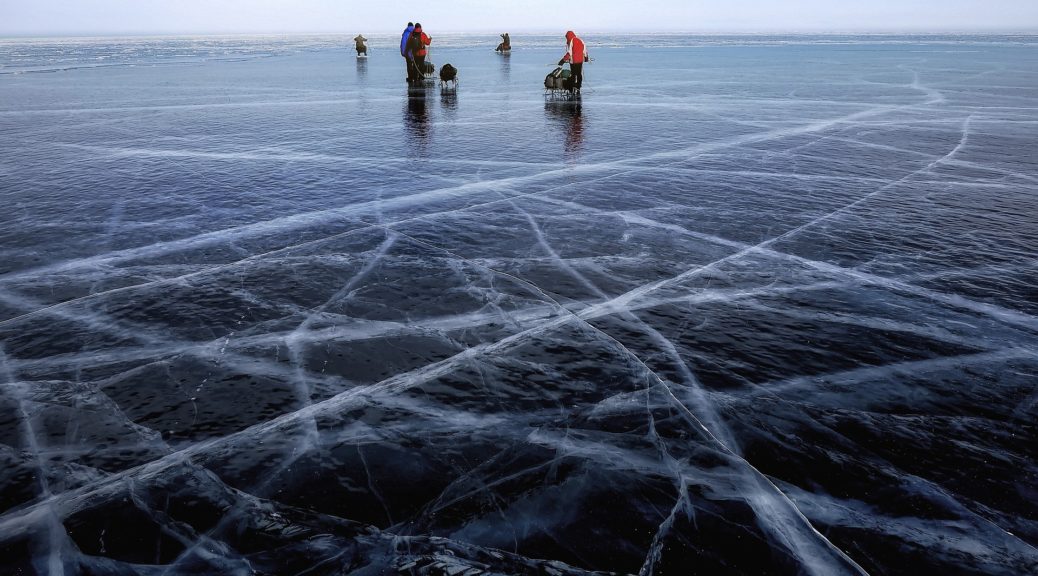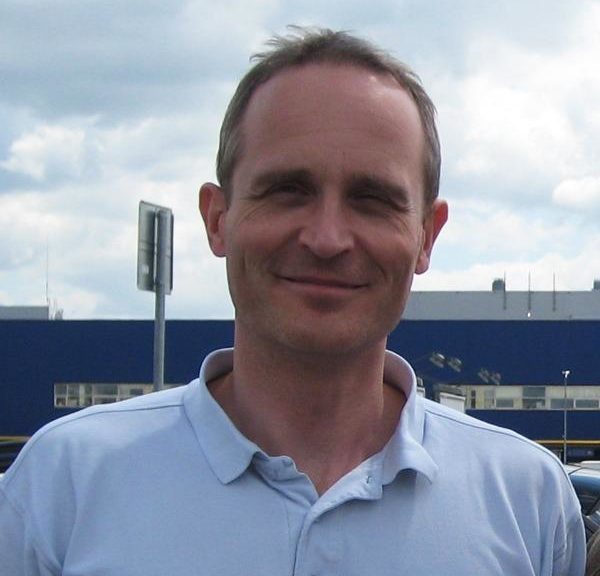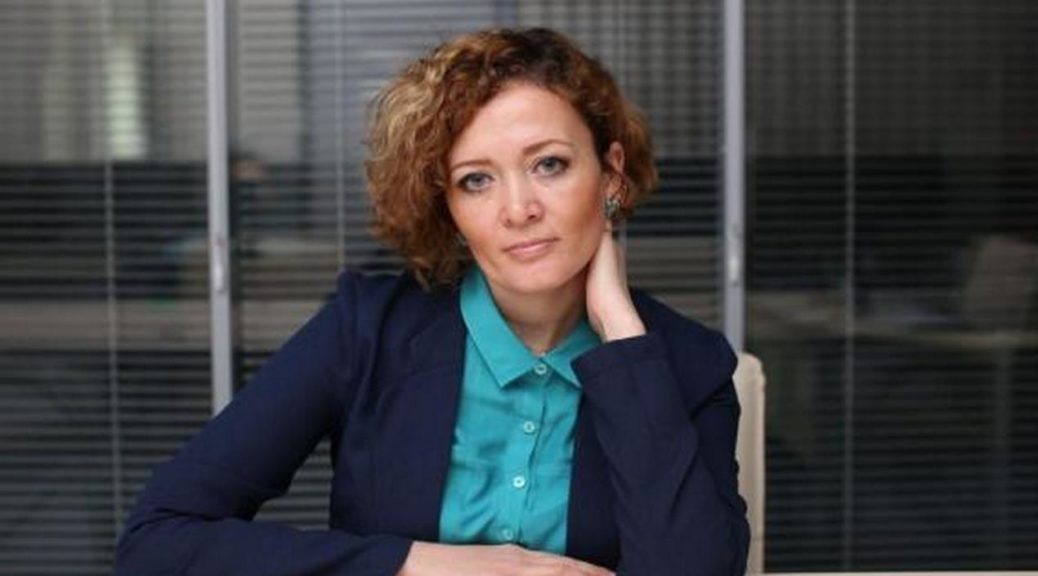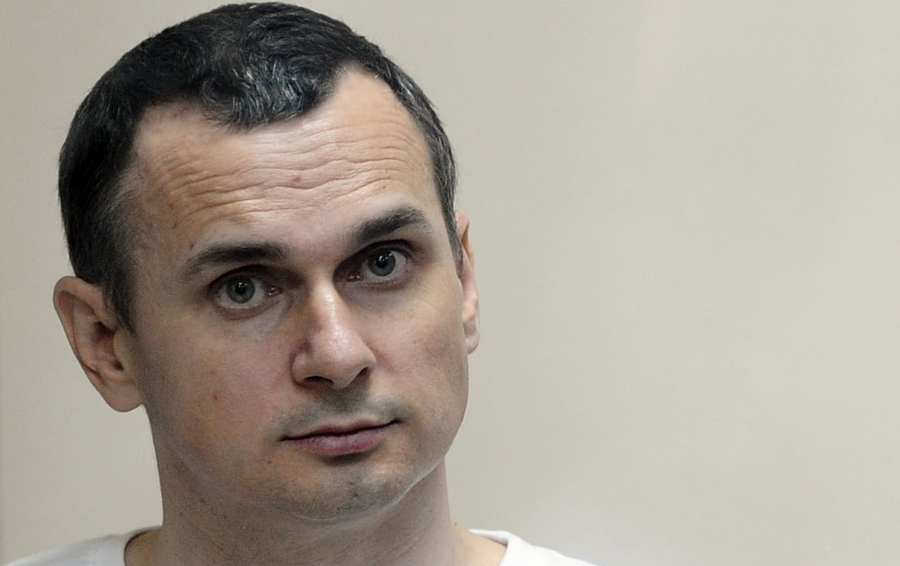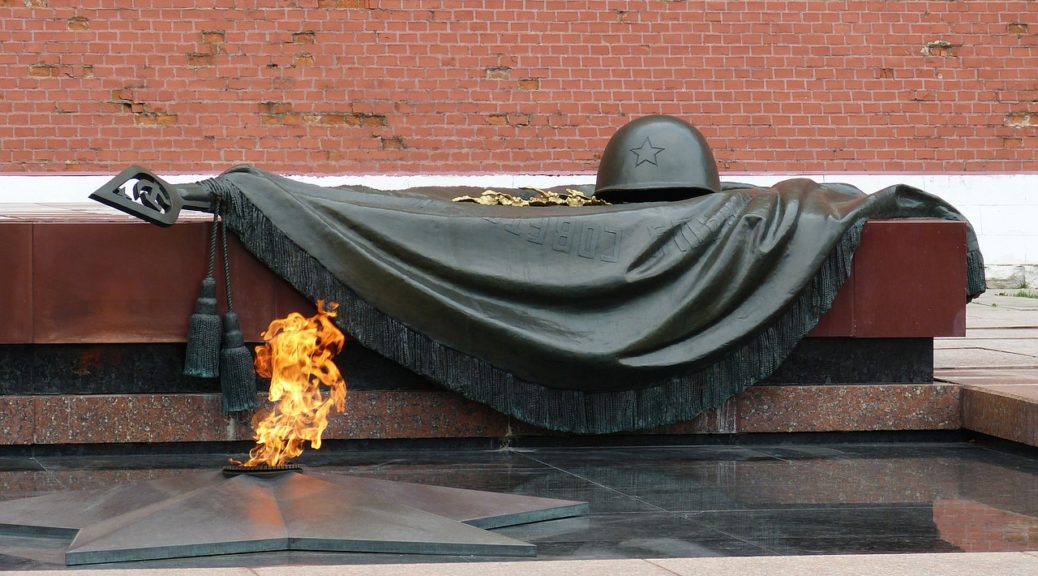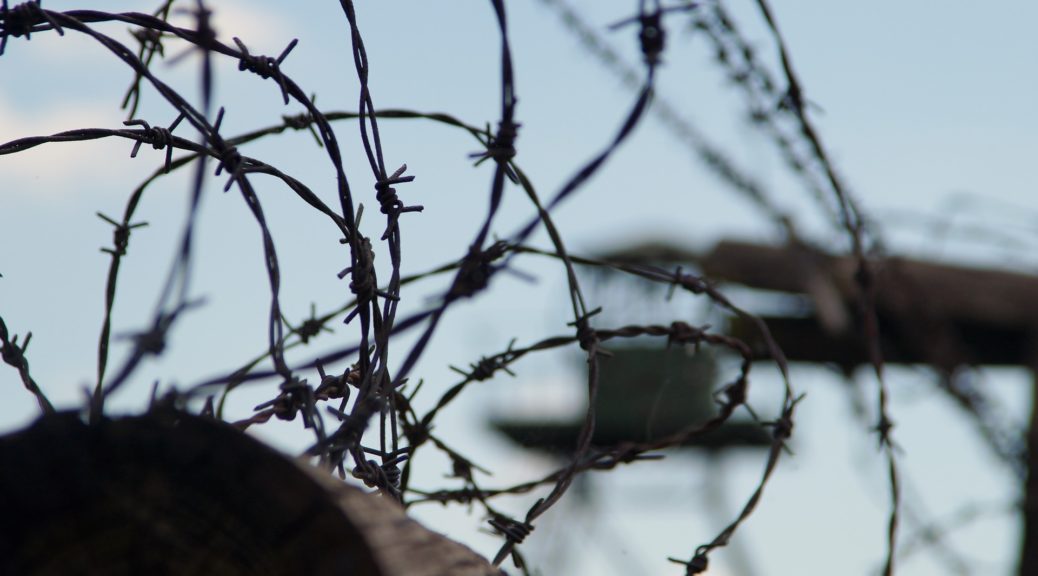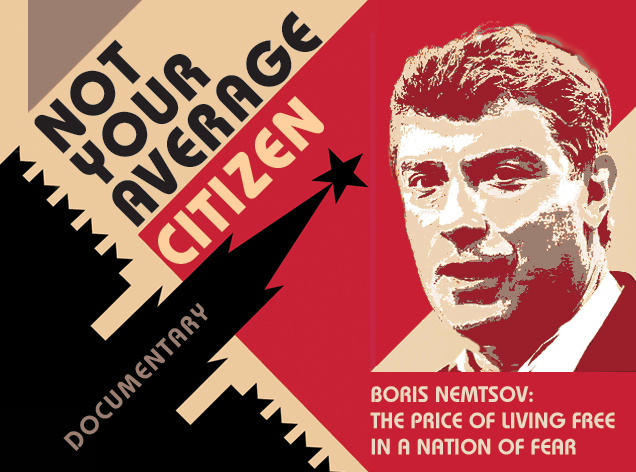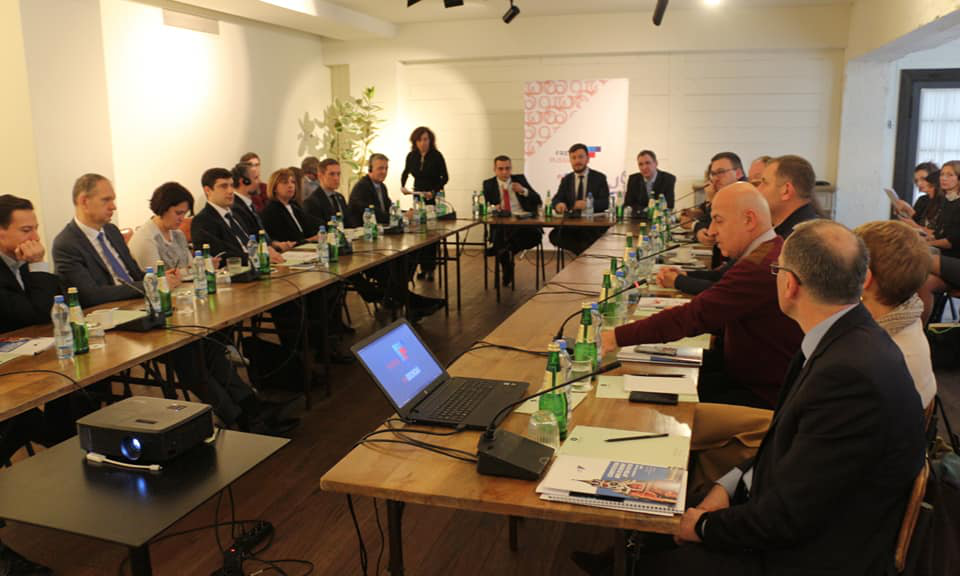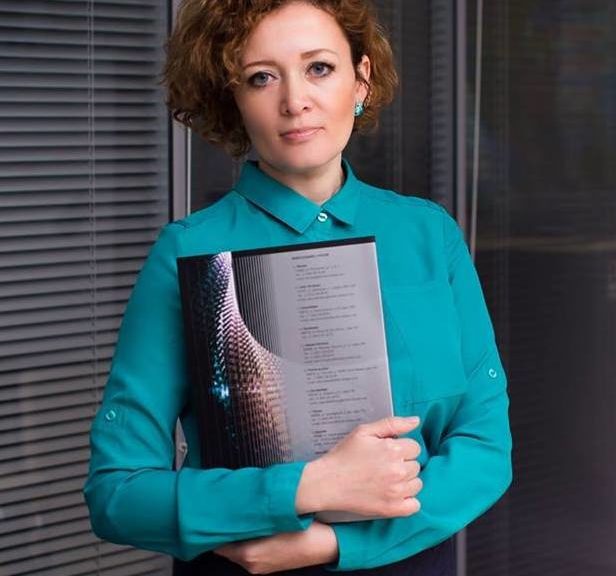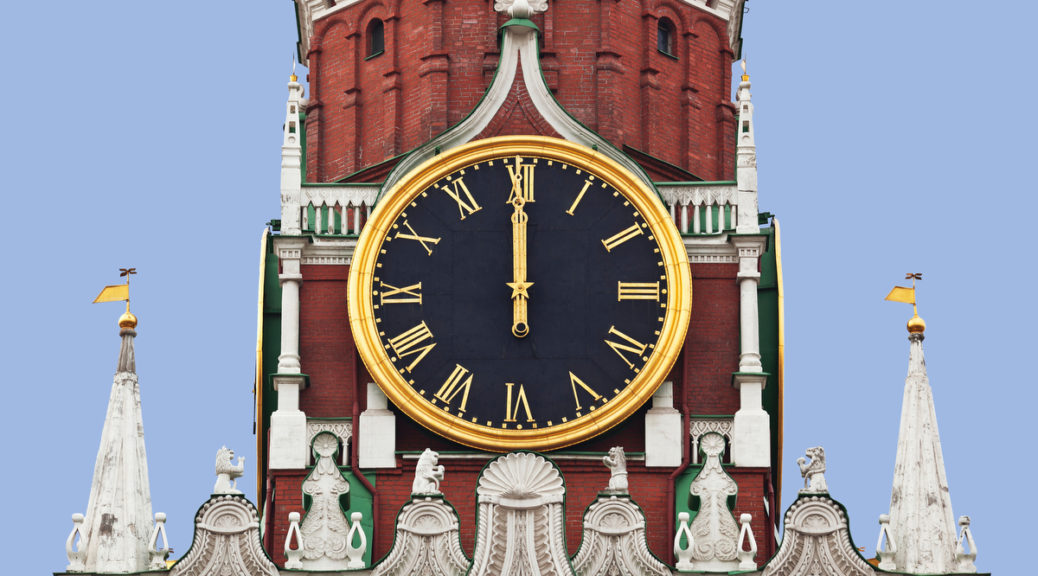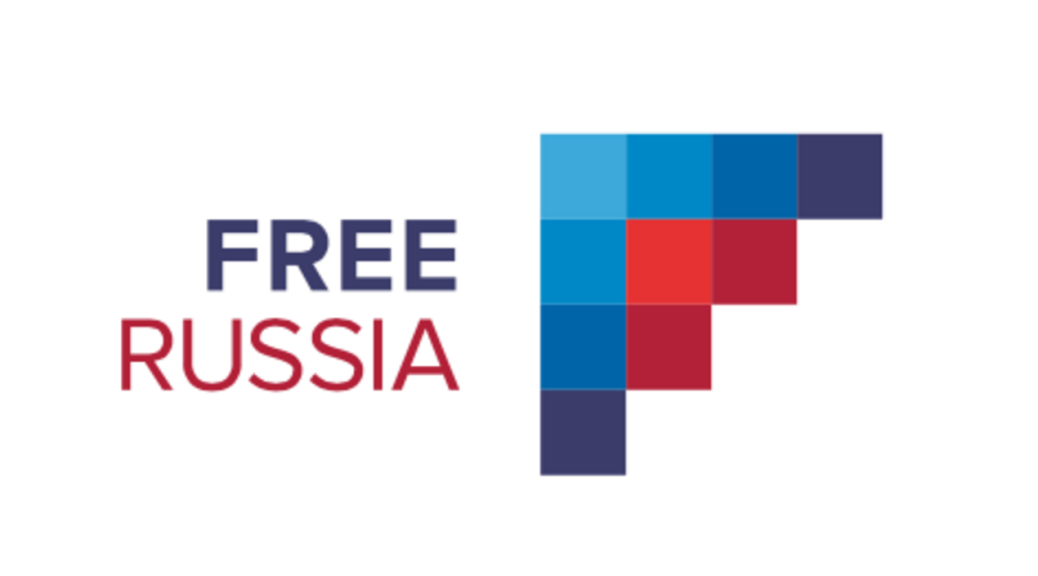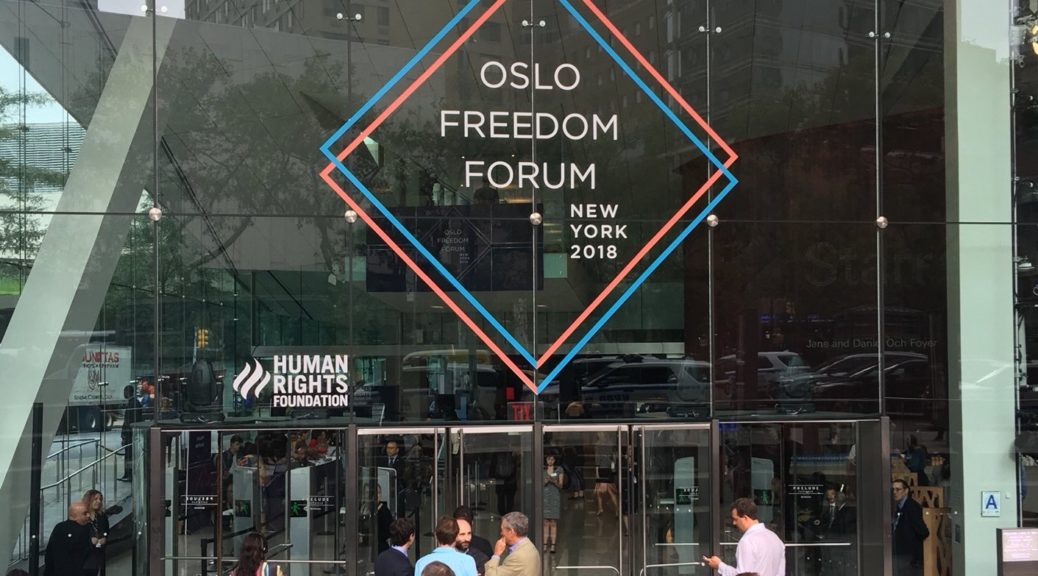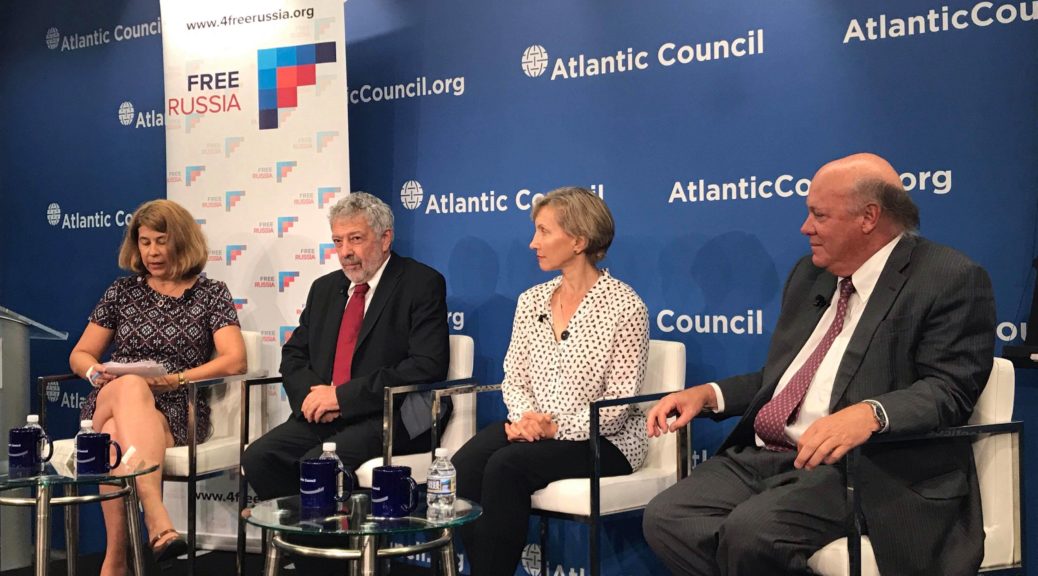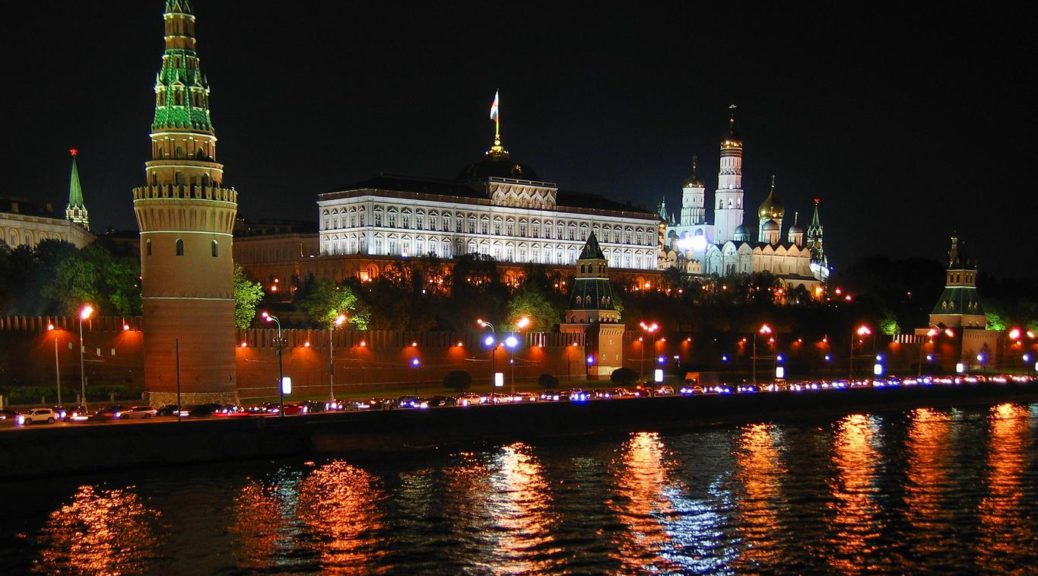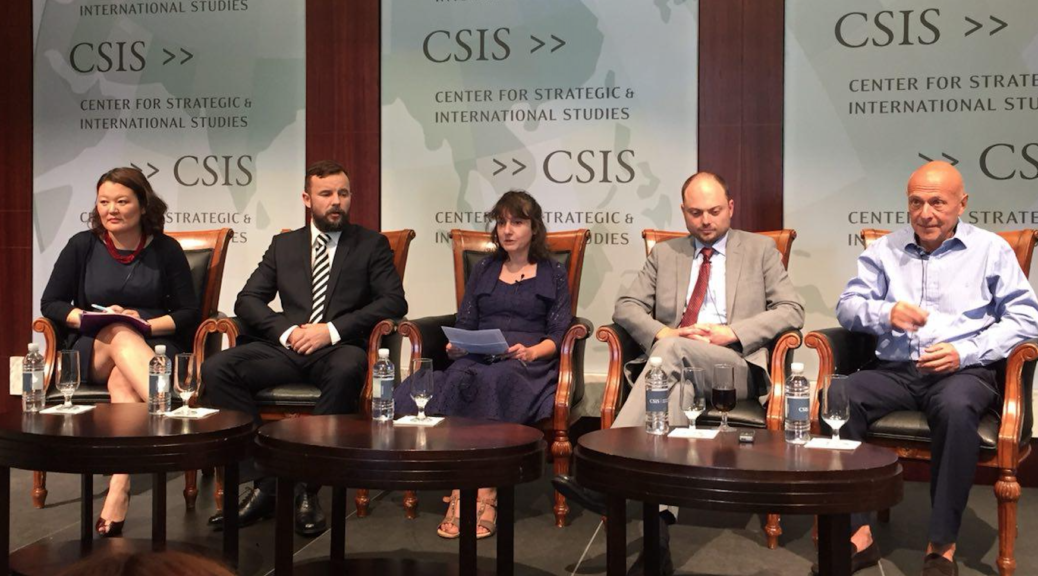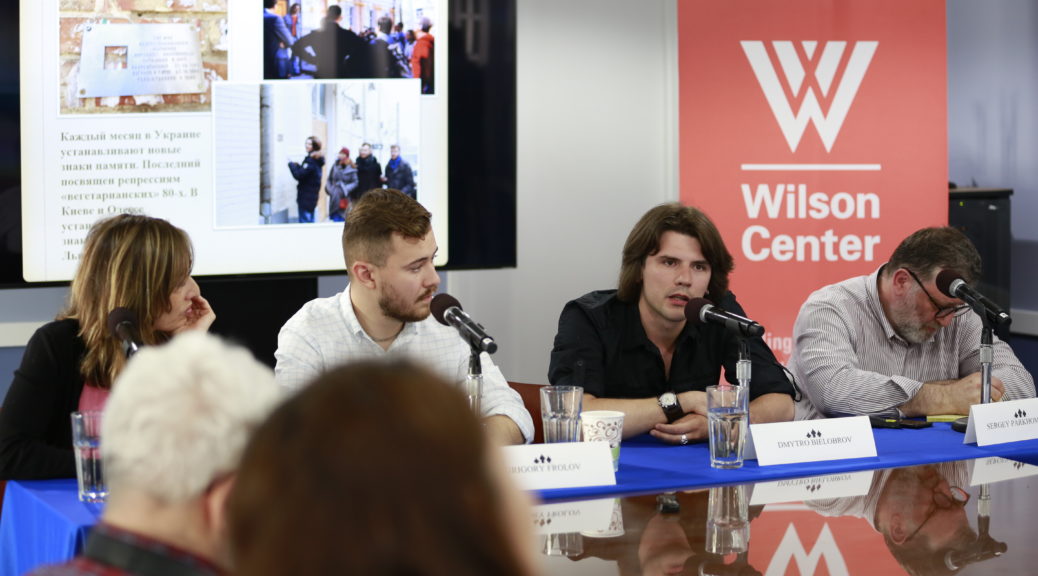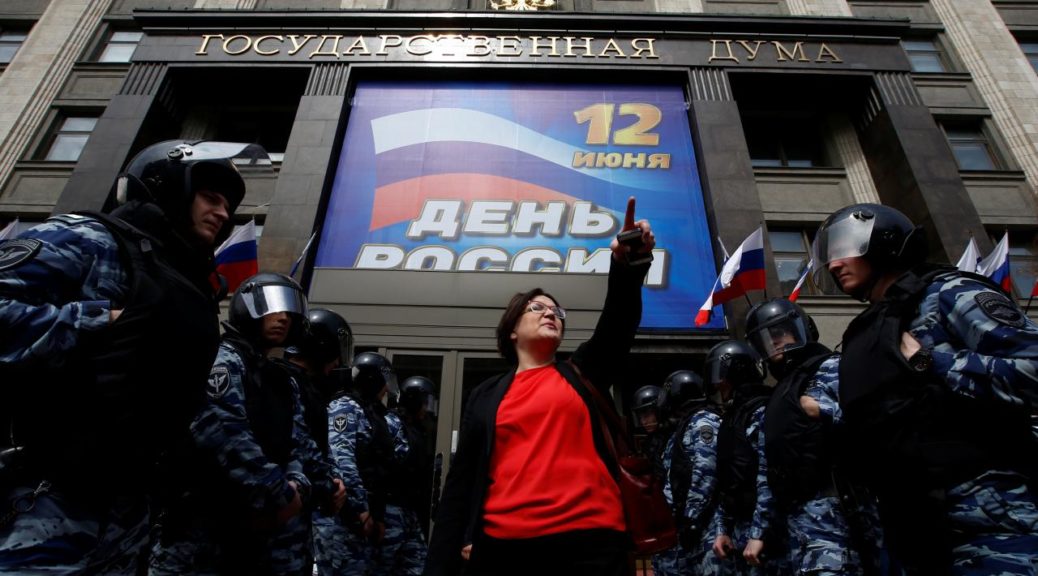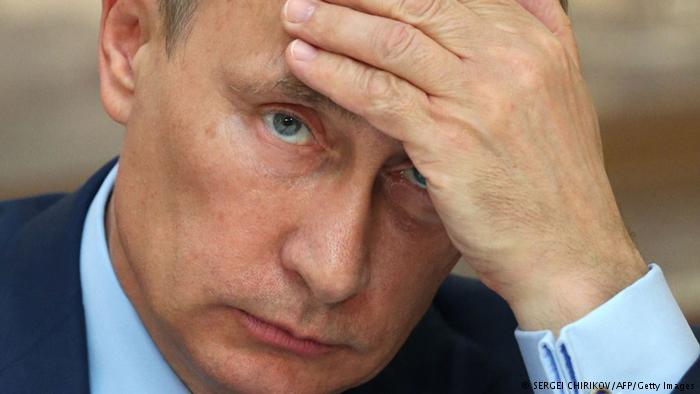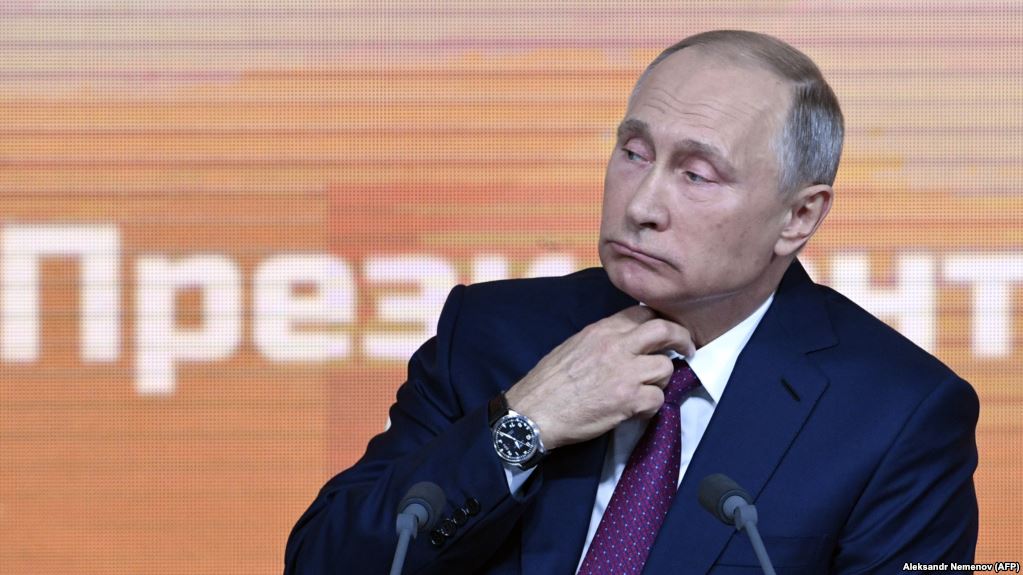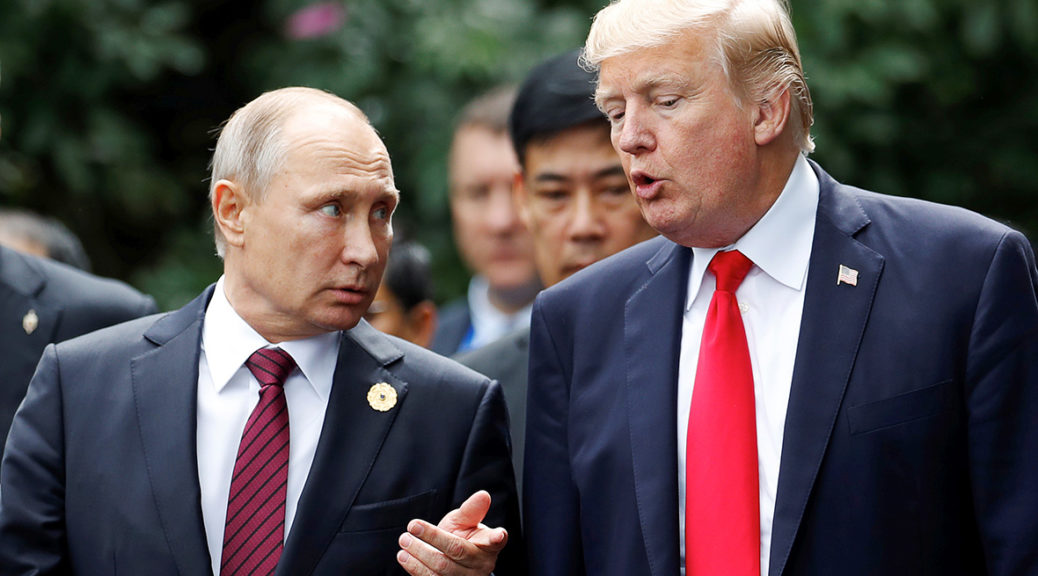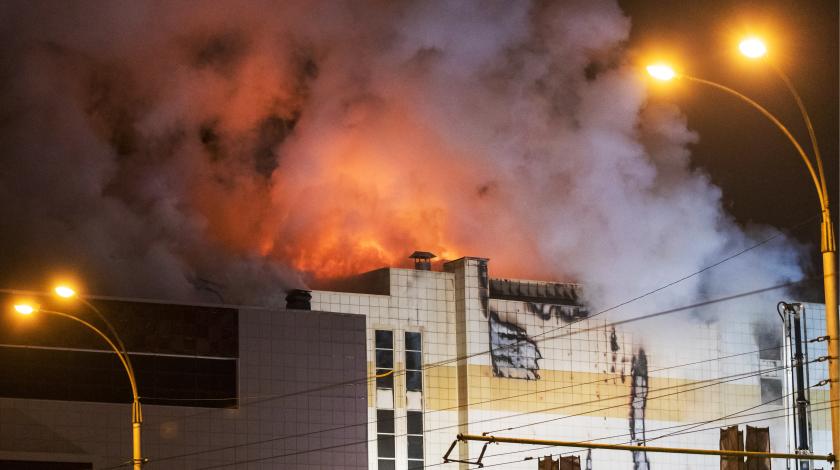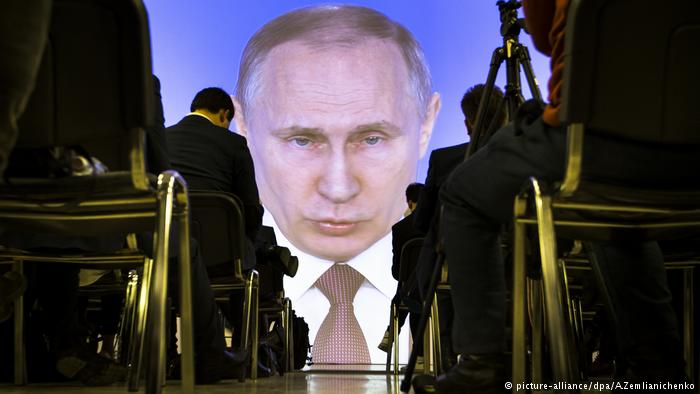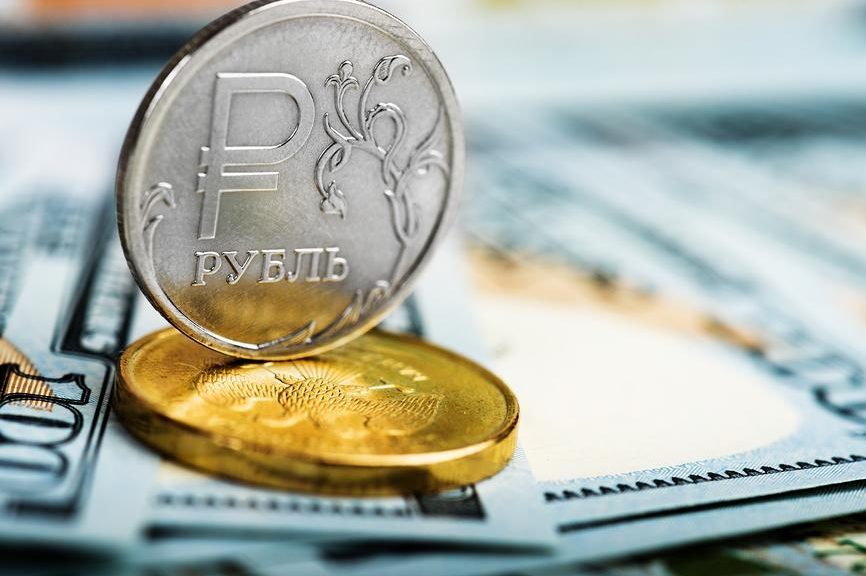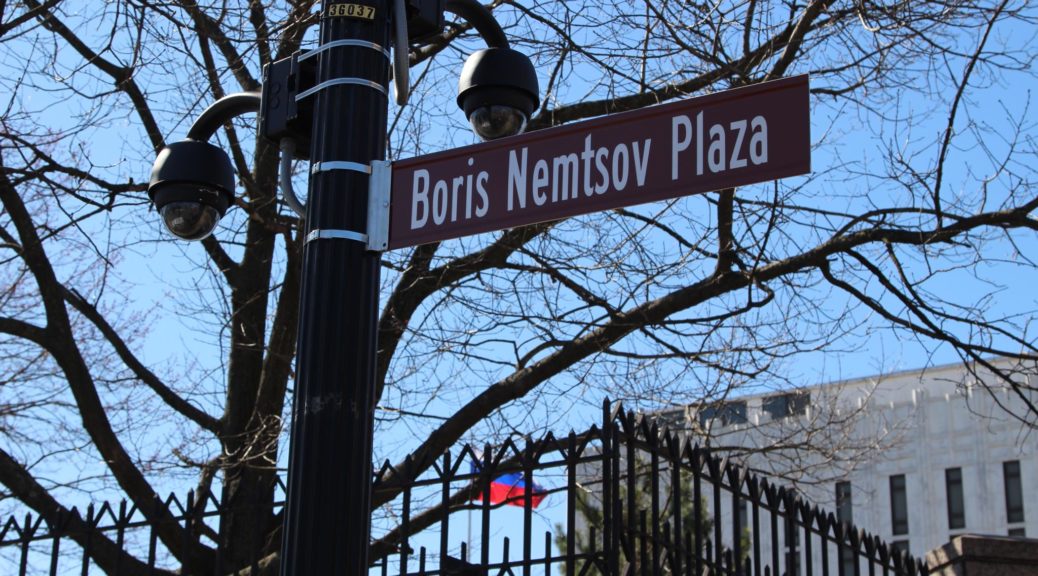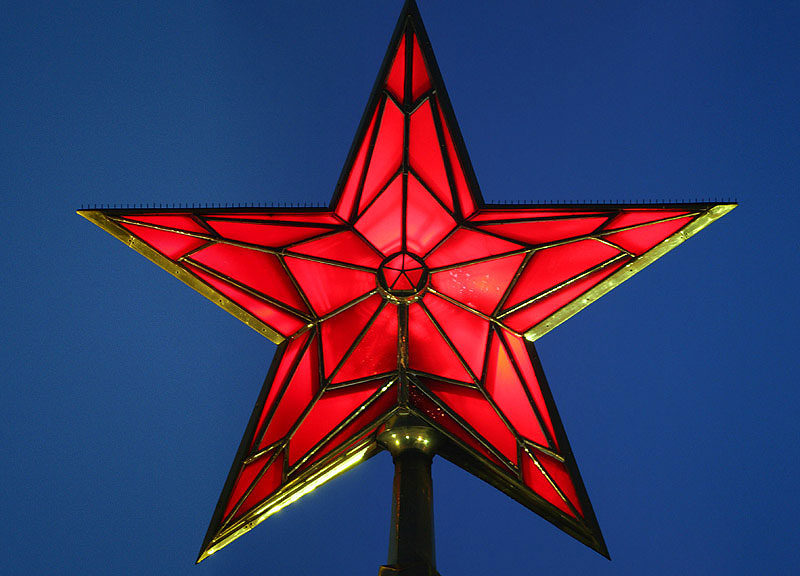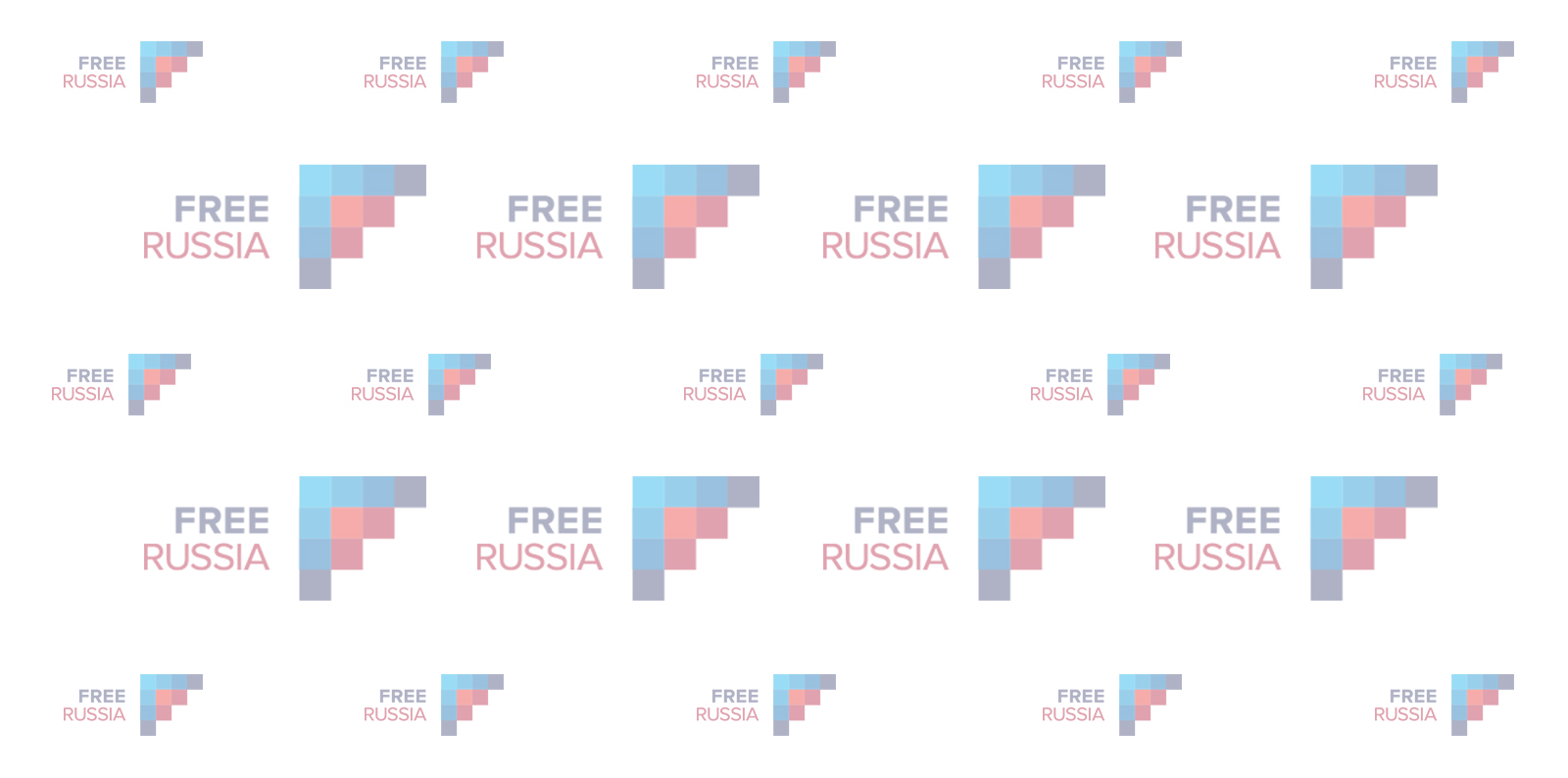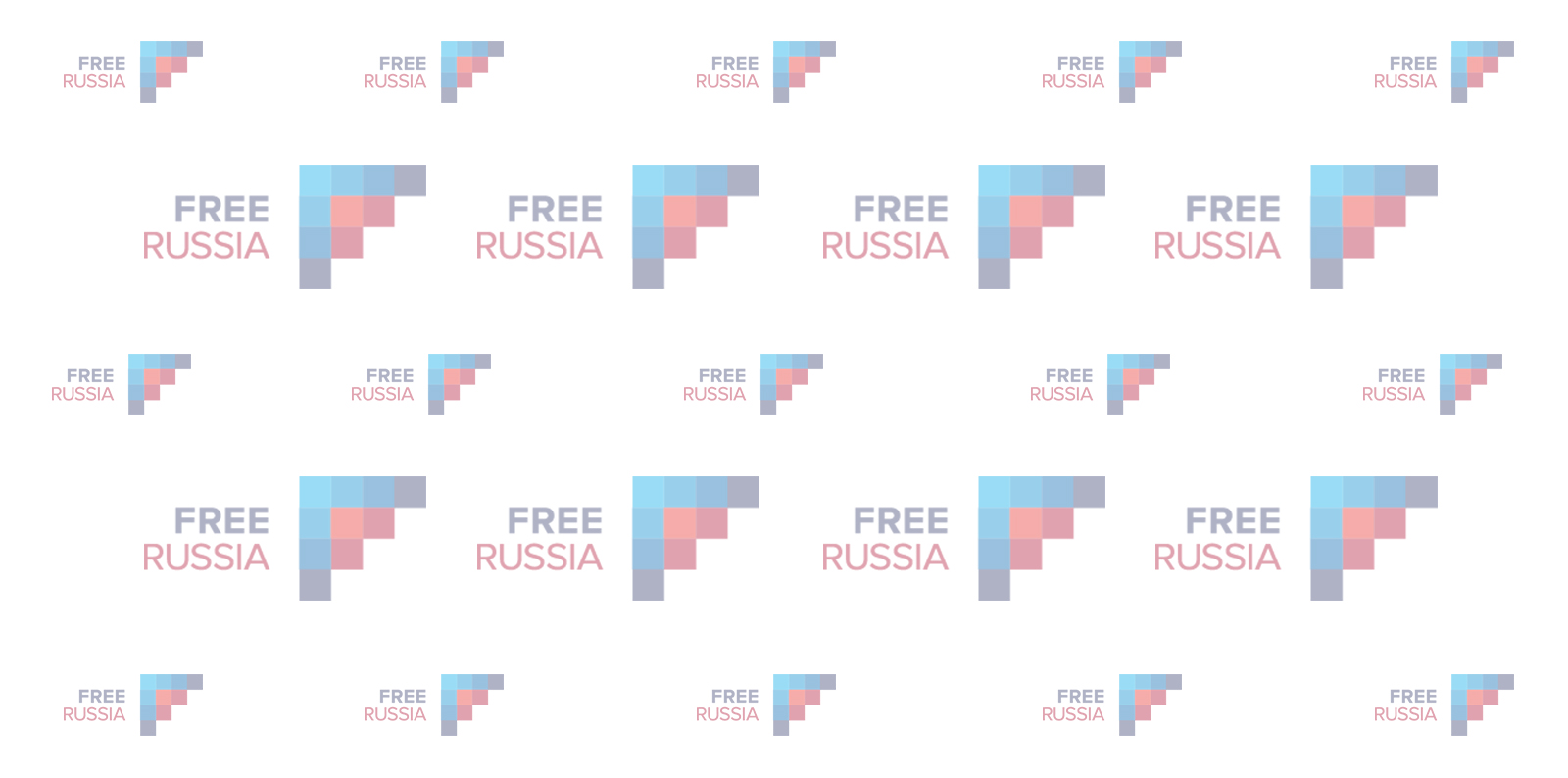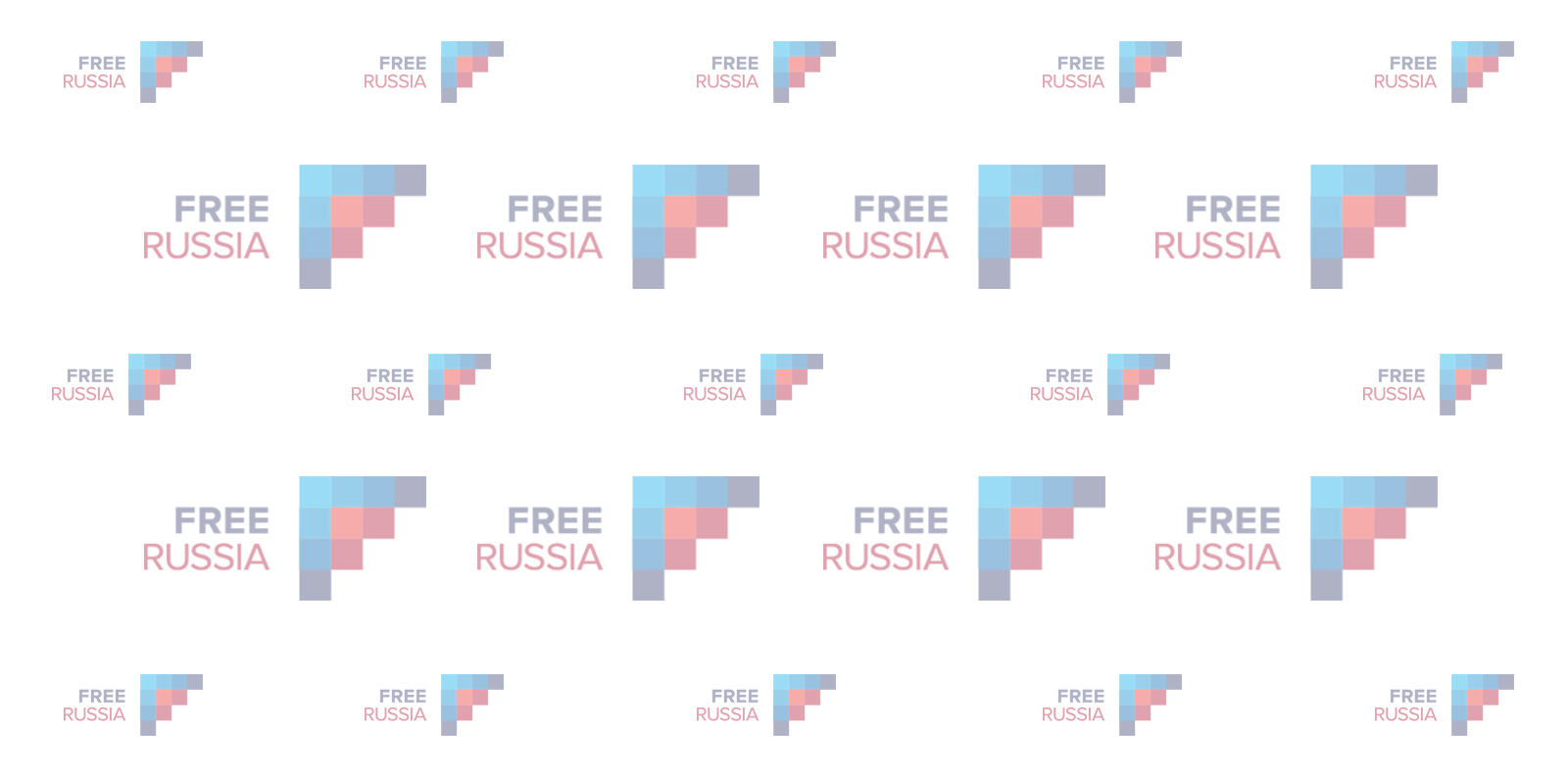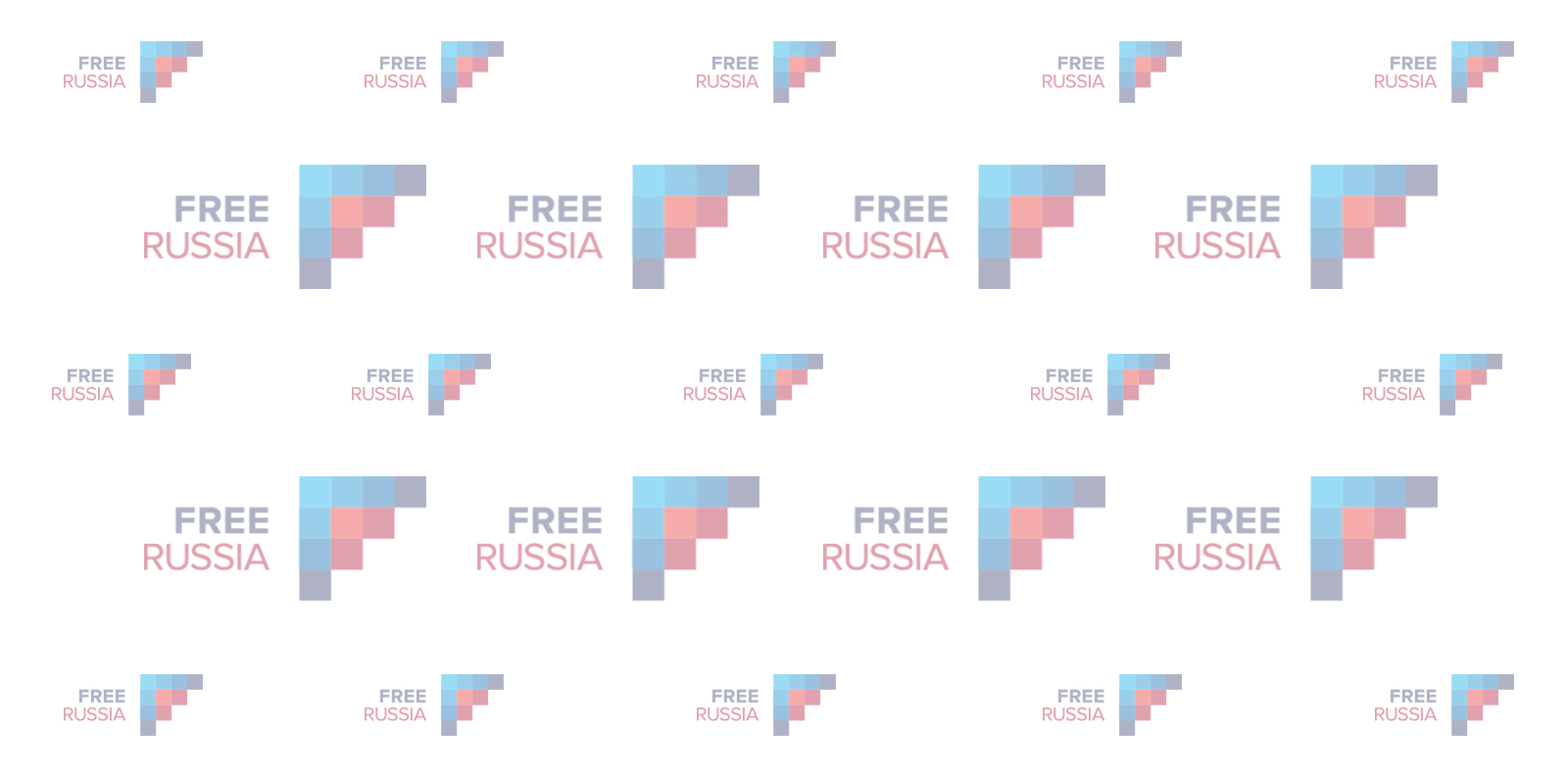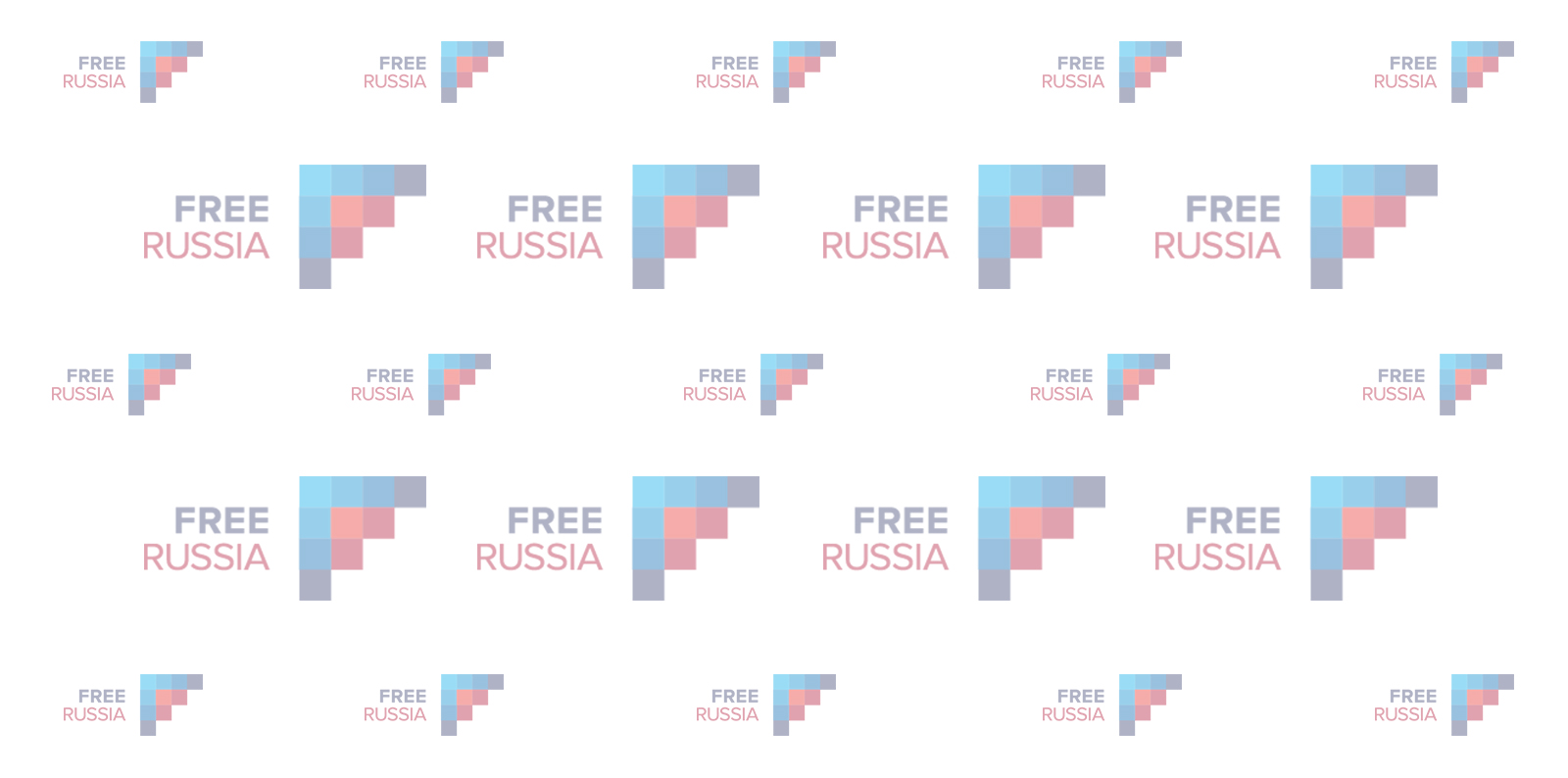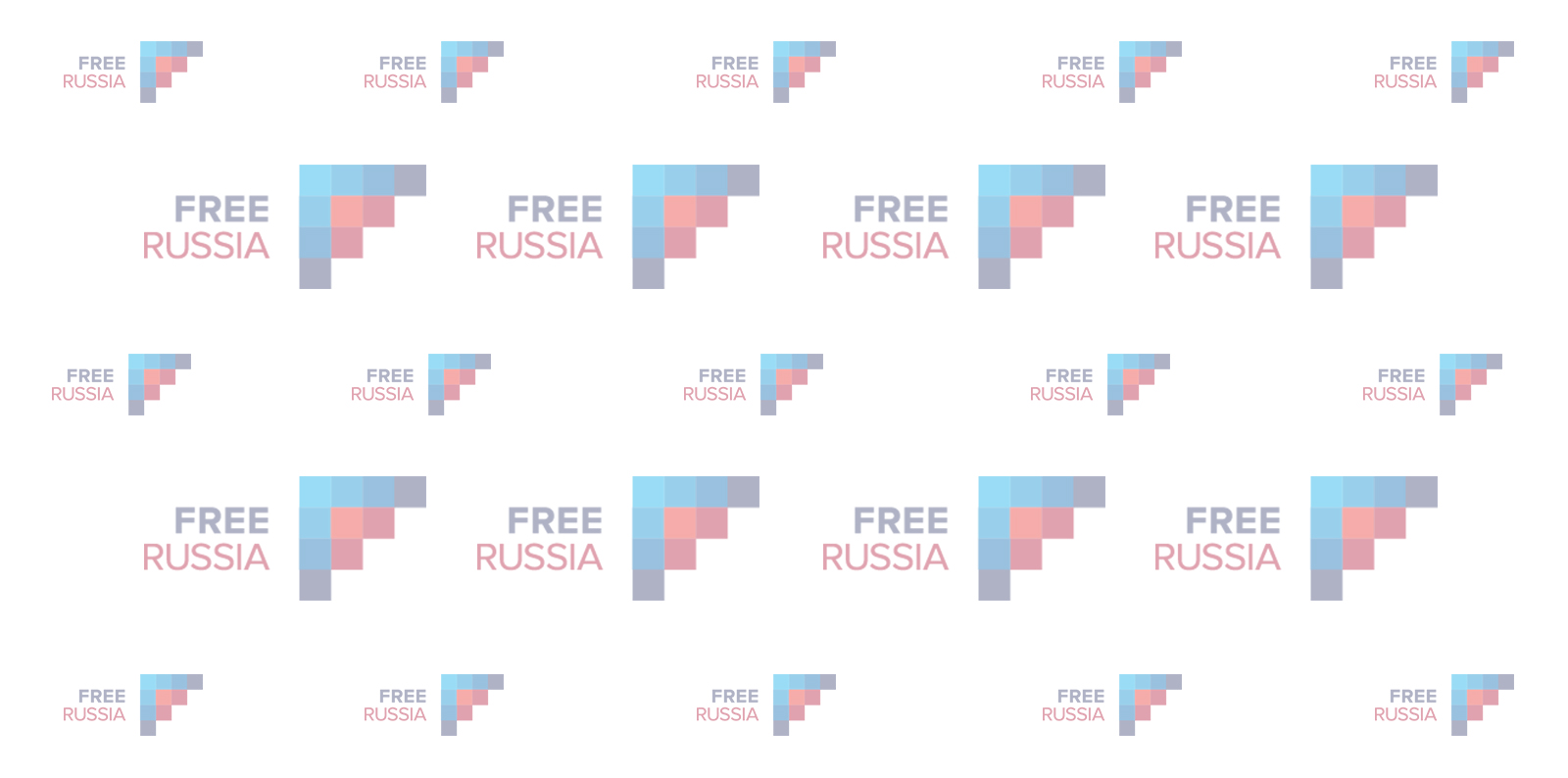On December 11, Free Russia House held a discussion, “Kremlin hostages: Victories, difficulties, new challenges” as part of the 4th human rights non-conference organized in Kyiv. The discussion was joined by Ilya Novikov, a lawyer to a number of Ukrainian political prisoners, and Igor Kotelyanets, head of the Association of Relatives of Political Prisoners.
Participants discussed multiple aspects of further tactics for the public campaign dedicated to the release of Ukrainian political prisoners still kept behind bars after the big exchange that happened in September. Special attention was drawn to the Normandy format meeting held in Paris on December 9, attended by Angela Merkel, Emmanuel Macron, Volodymyr Zelensky and Vladimir Putin.
Igor Kotelyanets plays a leading role in the informal association of the relatives of Ukrainian citizens persecuted in Russia and Crimea on political grounds. He is a cousin of one of the political prisoners who was lucky to be released during the autumn big exchange. He also cooperates closely with the Ukrainian government, speaks on international political platforms, and actively lobbies for legal amendments to Ukrainian laws related to the political persecution of Ukrainians in Russia. According to various estimates, there are from 90 to 114 Ukrainian political prisoners on the lists of human rights organizations and the Office of the Ukrainian Ombudsman for Human Rights. As well as many others, Igor was attentively following the news after the Normandy meeting, as he knew that agreements on the new exchange were already in place.
At the Normandy meeting it was announced that an agreement had been reached on the exchange of “all for all.” Even though this wording sounds very promising, in fact it brings a lot of uncertainty as everyone understands it in a different manner. Several hours later, at a briefing by Vladimir Zelensky with the Ukrainian media, it finally became clear that the “all for all” format actually implied war hostages in the Donbass region, leaving political prisoners out of the equation. “I have no doubt that Zelensky passed the complete lists, including both prisoners of war and political prisoners. Therefore, we can probably conclude that it was Russia who did not agree to the exchange of truly ‘all to all.’ The release of political prisoners in the Crimea and the Russian Federation will, apparently, be the subject of discussion at the further Normandy meetings,” Igor Kotelyanets concludes sadly.
Ilya Novikov, the lawyers of Nadia Savchenko, Ukrainian sailors brutally detained in the Azov sea and other Ukrainian prisoners, believe that the situation will not change before the end of the year, even though there were rumors after September that a second wave of prisoners’ release would have been launched before 2020. “Putin,” says Novikov, “understands this ‘exchange fund’ as a tool for strengthening his position in the negotiations. And here arises the following logical question. Notwithstanding the monumental effort Ukraine makes to free its citizens from Russian prisons, is it even possible that the country can achieve results on its own without external help or Western assistance in the person of Angela Merkel, Emmanuel Macron or even Trump is an indispensable prerequisite?”
An illustrative case in this regard happened a couple of years ago and involved Norway. On December 5, 2017, a Norwegian citizen, Frode Berg, was arrested in Moscow on suspicion of espionage and Novikov was hired to represent him before the court. From the very beginning it was clear that Berg would be convicted, as no single case of free pardon happened in Russia under this article since 2000. Thus, from the very first day, the Norwegian government, for which it was the first shocking case of such a nature, took this matter as seriously as possible. The Lithuanian side was involved in the process, as Norway did not have its own “exchange fund”. Lithuania gave Russia two Russian agents, and in return received two Lithuanian citizens and Mr. Berg. In order to make this exchange possible, Lithuania had to amend the legislation on the pardon procedure. Russia attempted to force Americans, through the Norwegians, to organize the release of Viсtor Bout. His return is idée fixe for Russia, but the Americans uncompromisingly responded, “It’s out of option.”
In the end, the trigger for the release of Mr. Berg was an accidental combination of circumstances which was helpful only against the background of long preliminary preparations by Norway and Lithuania. On October 24, 2019, Russian Minister of Foreign Affairs Sergey Lavrov arrived in the hometown of Mr. Berg – Kirkenes – on the occasion of the 75th anniversary from the date of the liberation of northern Norway by Soviet troops from the Nazis. The celebration was attended, among others, by the King of Norway. Appropriate location, together with the presence of high-ranking state officials and public pressure, preceded by long negotiations and legislative changes, lead to the successful release of Frode Berg.
Apart from minor disagreements in the Barents Sea regarding fisheries, Norway does not have any other serious conflicts with Russia. The Berg case was nothing compared to the Ukrainian situation. But even against this background, the release of one person required two years of hard work, involvement of a third party and changes in the legislation, and yet the result was uncertain until the very end. The only dubious advantage for Ukraine in comparison with Norway is that Ukraine has a considerable “exchange fund.” But for Russia, Russian citizens have no value.
There were only two persons important to the Putin administration – Vyshinsky and Tsemakh. Negotiations on the September exchange got off the ground when the question about Vyshinsky was finally raised. Before that moment, the situation dragged on for the previous three years without any progress.





